BIOINFORMATICS AND GENOMICS
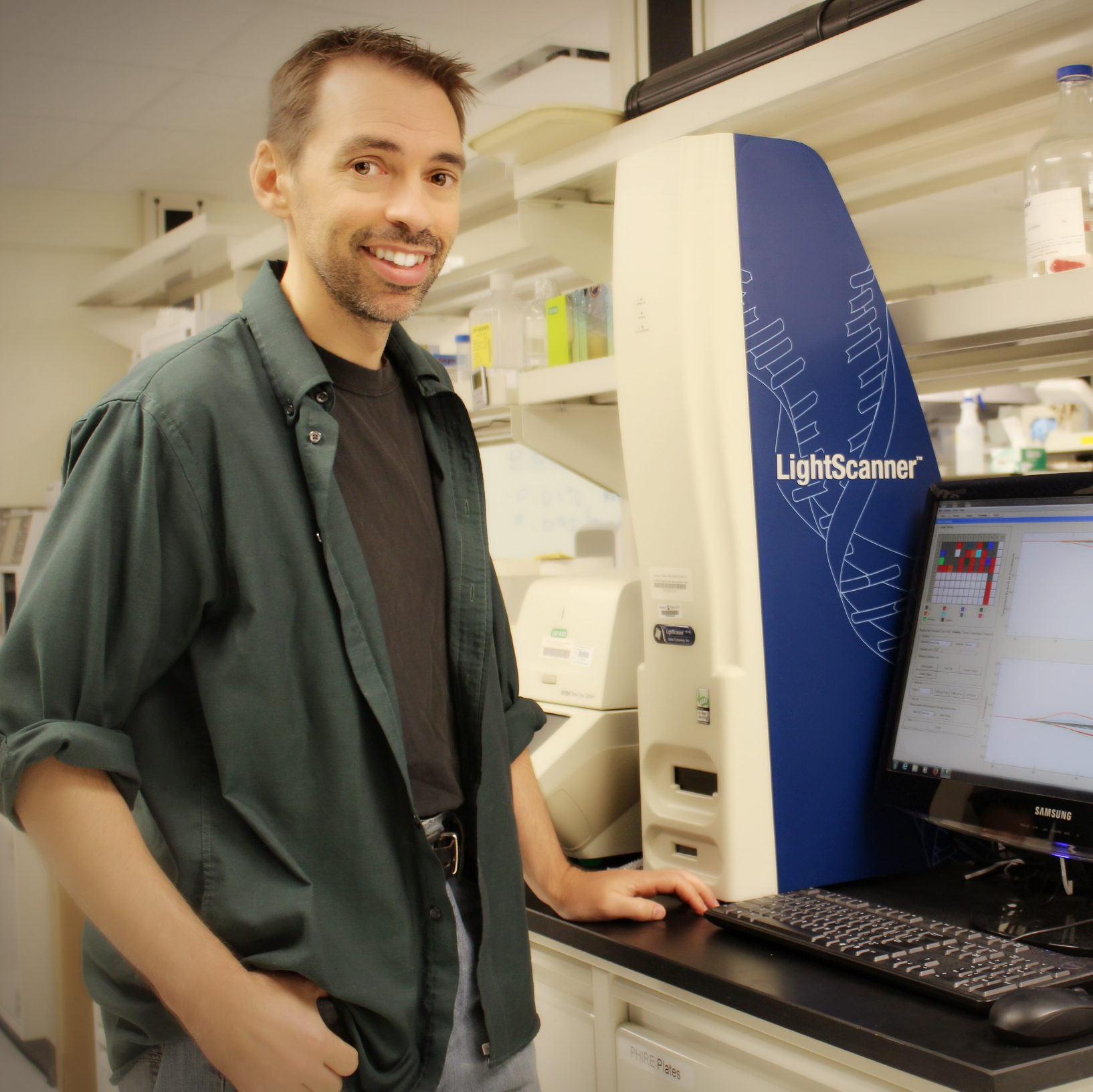
Zachary Adelman, PhD
Gene editing and genetic engineering to develop novel genetics-based methods for controlling vector-borne disease transmission

Hubert Amrein, PhD
Taste perception, Chemosensory Neural Networks and Internal Nutrient Sensing

Rodolfo Aramayo, PhD
Genetics, Epigenetics and Meiotic RNA Silencing

Jared Bard, PhD
Biomolecular condensation and RNA biology during cellular stress, cancer and viral infection
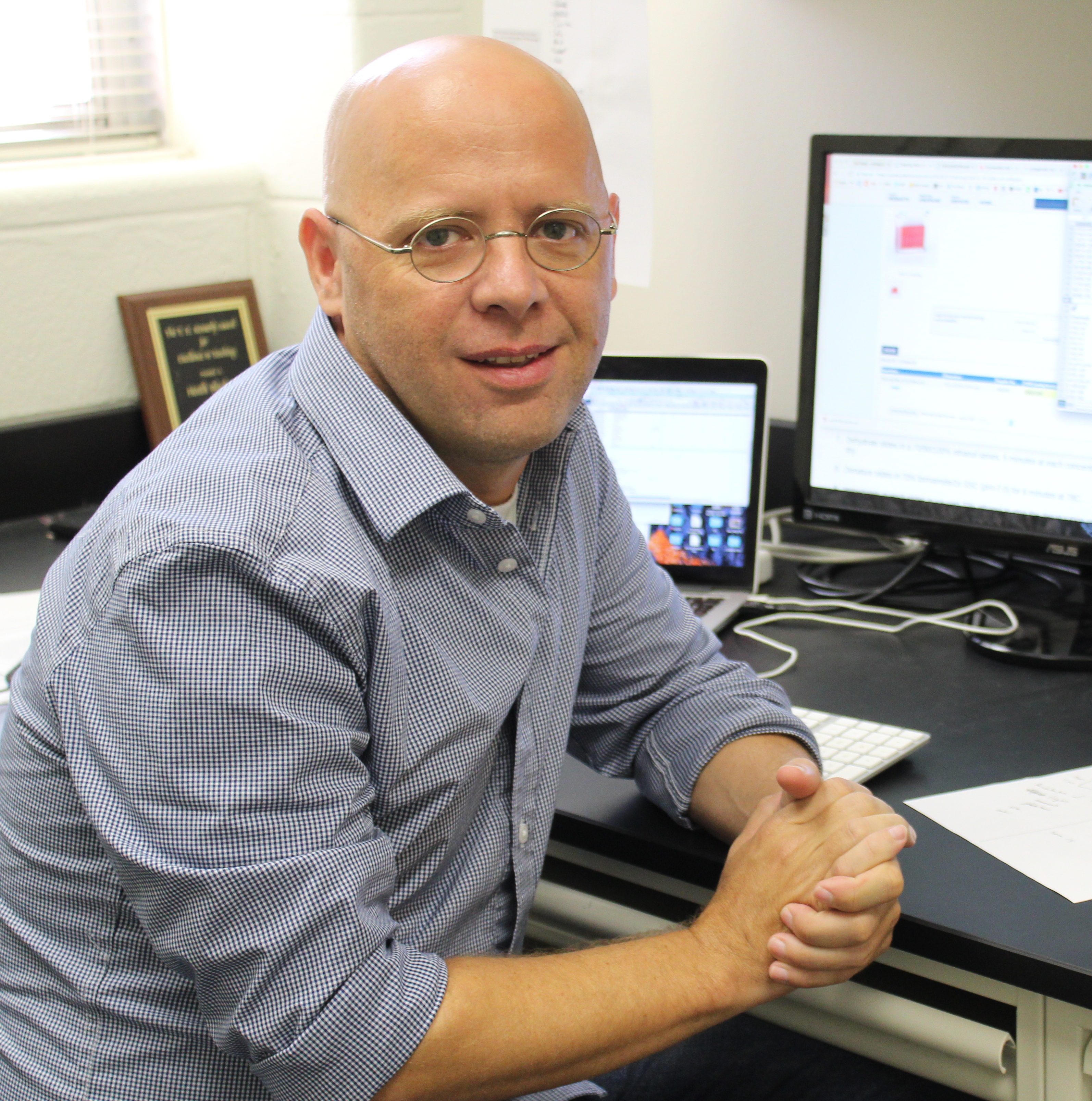
Heath Blackmon, PhD
Sex chromosome evolution, phylogenetic comparative analyses and theoretical population genetics

Sarah Bondos, PhD
Hox transcription factors as master regulators and Biomaterials

Candice Brinkmeyer-Langford, PhD
I study how genetics and environment interact in neurodegenerative diseases. I am particularly interested in the role of viral infection in neurological conditions
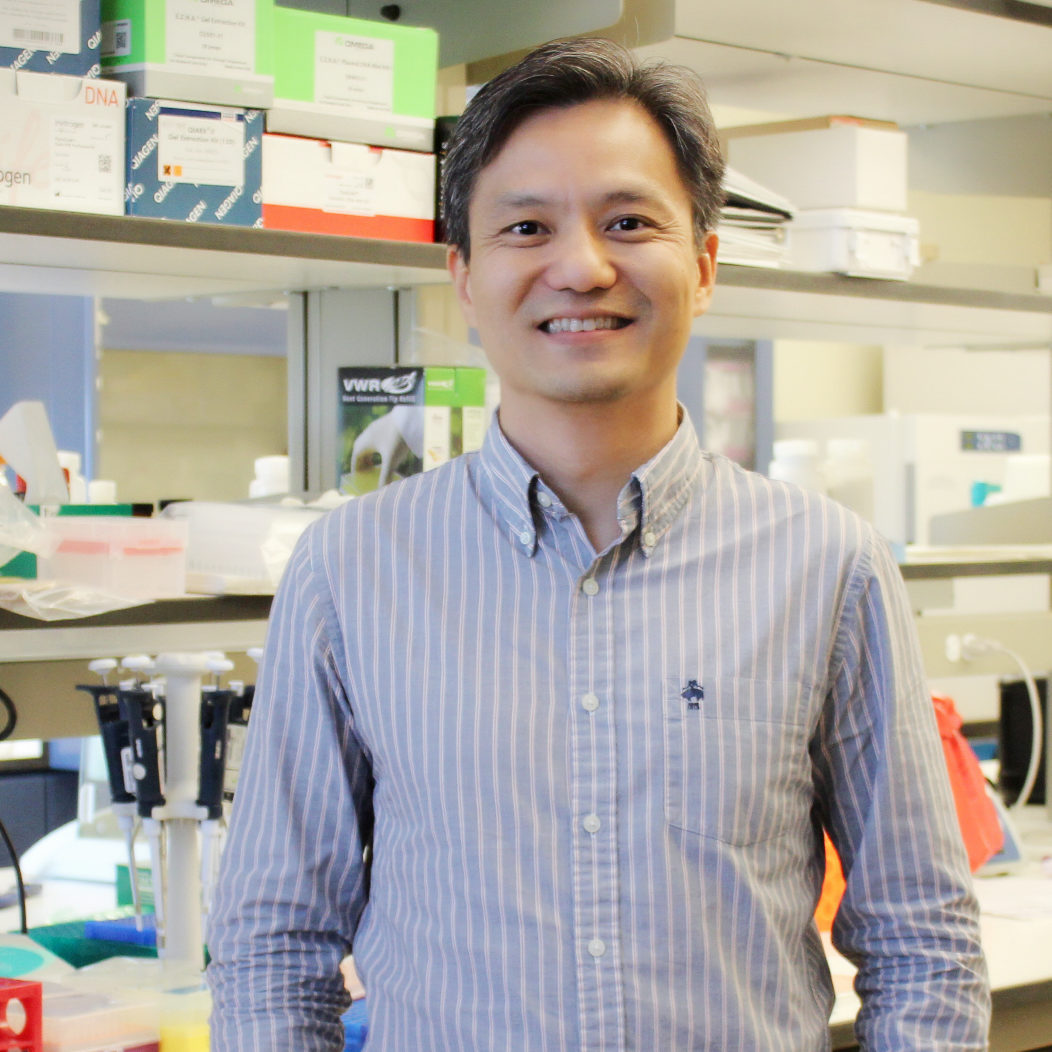
James Cai, PhD
Genetics, Computational Statistics, and Data Science
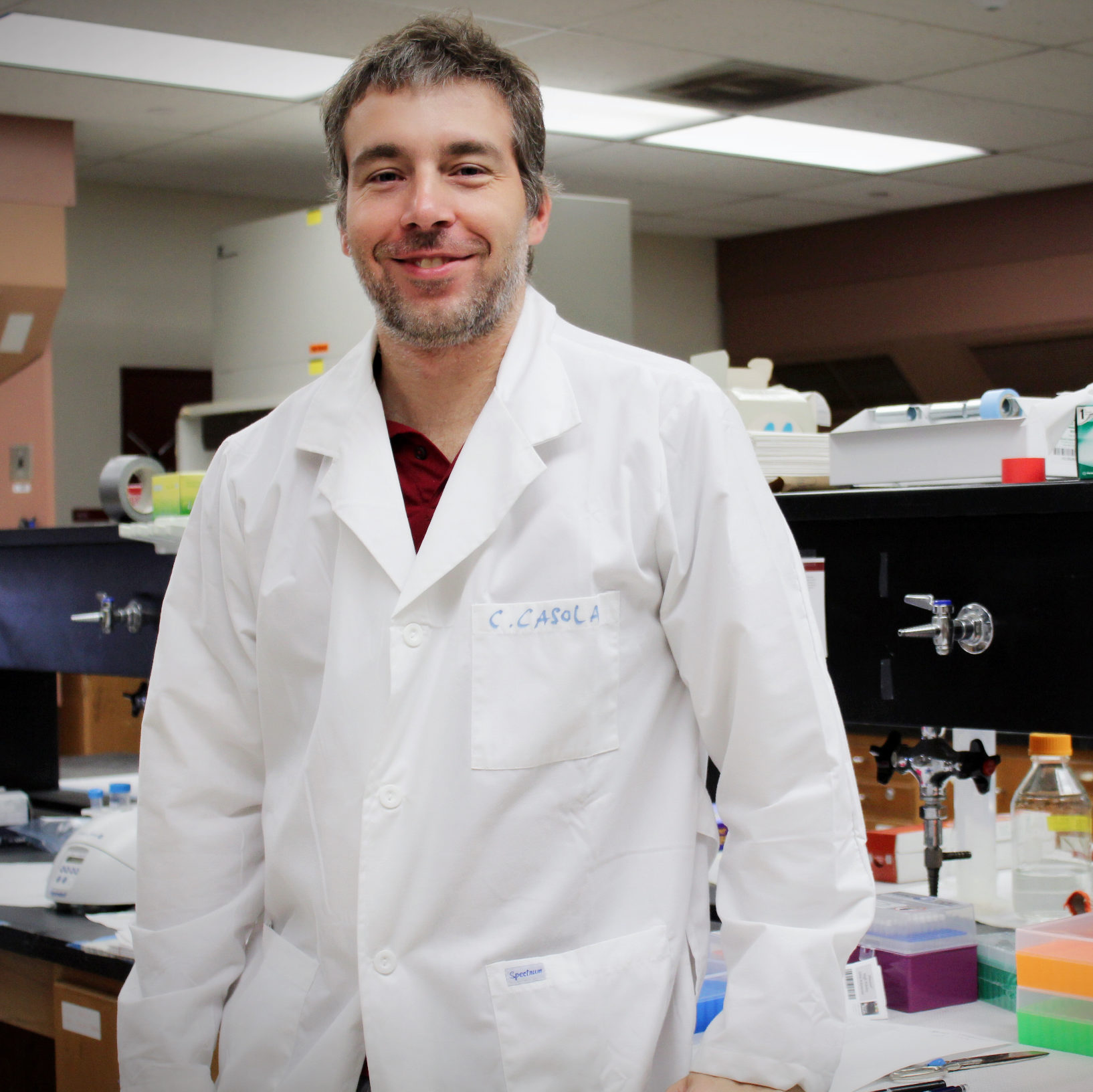
Claudio Casola, PhD
Genome evolution of forest trees
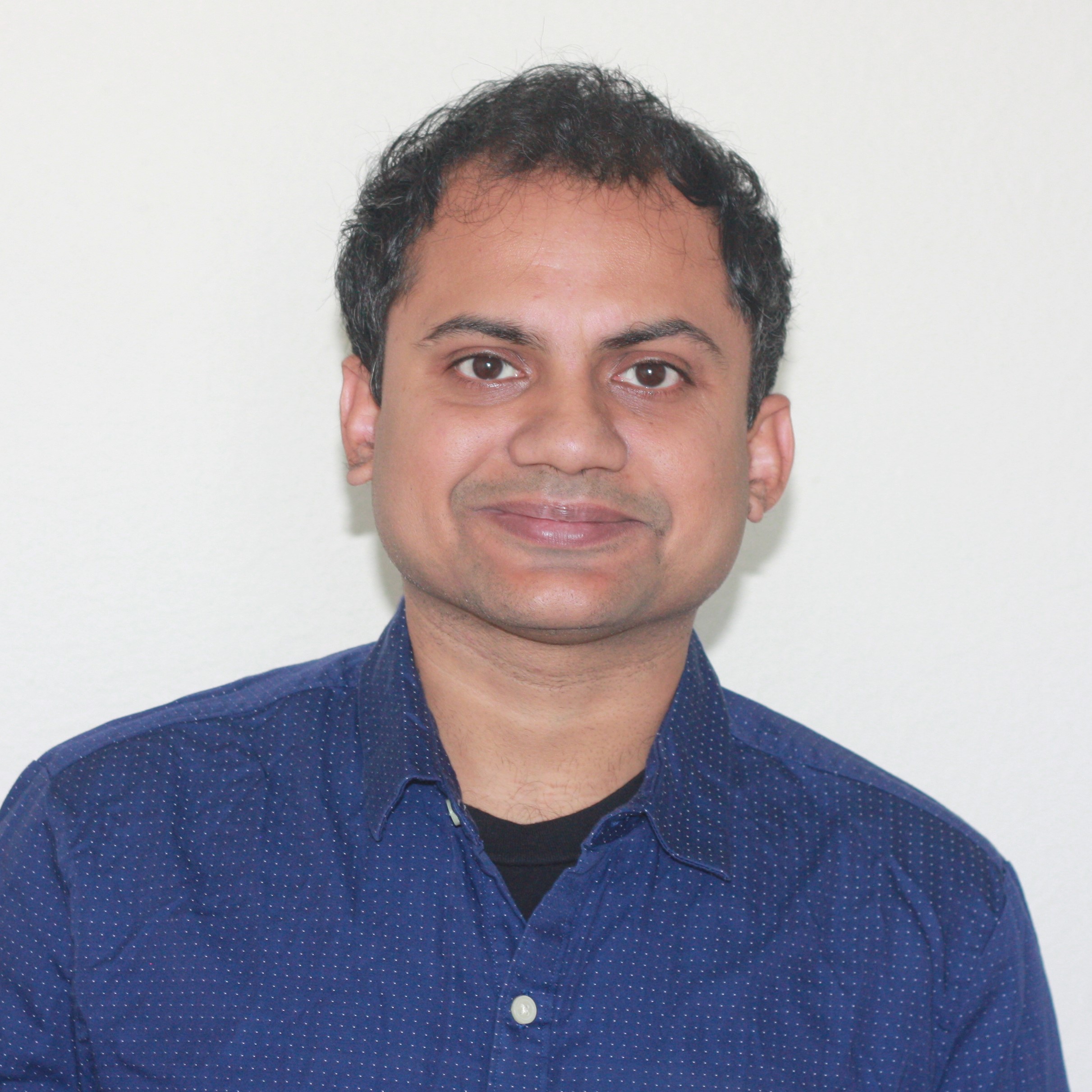
Mahul Chakraborty, PhD
Long reads, pangenome graphs, evolutionary theories, and genome editing to study the molecular basis of phenotypic variation & adaptation

Mahua Choudhury, PhD
Epigenetic regulation in metabolic diseases and pregnancy complications- A translational Research Lab
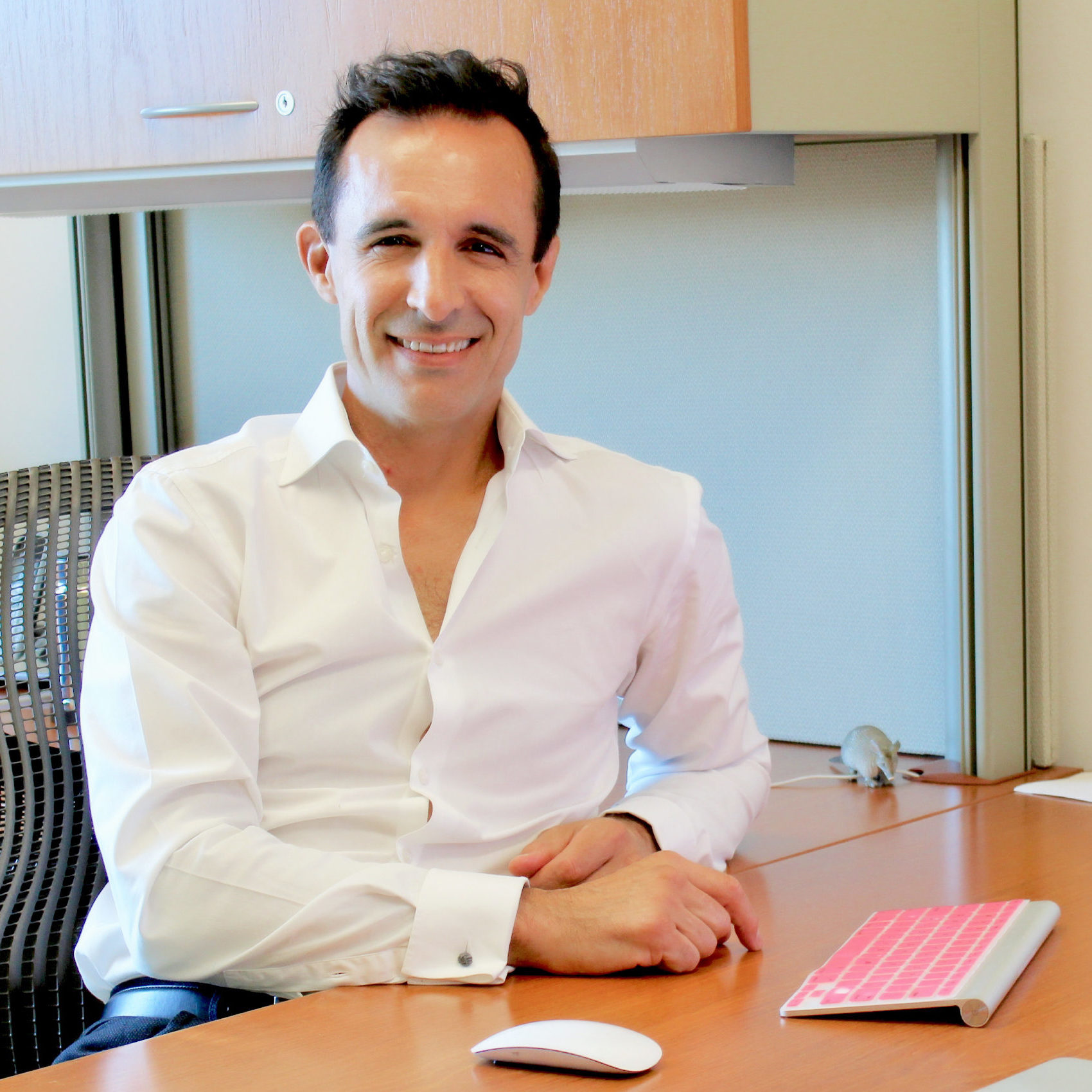
Jeffrey Cirillo, PhD
Molecular genetics of mammals and bacterial respiratory pathogens including pneumonia and tuberculosis infections

Shaunna Clark, PhD
Genetic and epigenetic basis of substance use and addiction, statistical methods and software development

Michael Criscitiello, PhD
Comparative Immunogenetics

Jorge Cruz-Reyes, PhD
RNA Editing in African Trypanosomes

Brian W. Davis, PhD
Genome evolution, selection affects on natural and human-managed animal populations, computational biology and bioinformatics to understand heritable disease, phenotypic variation, and cancer
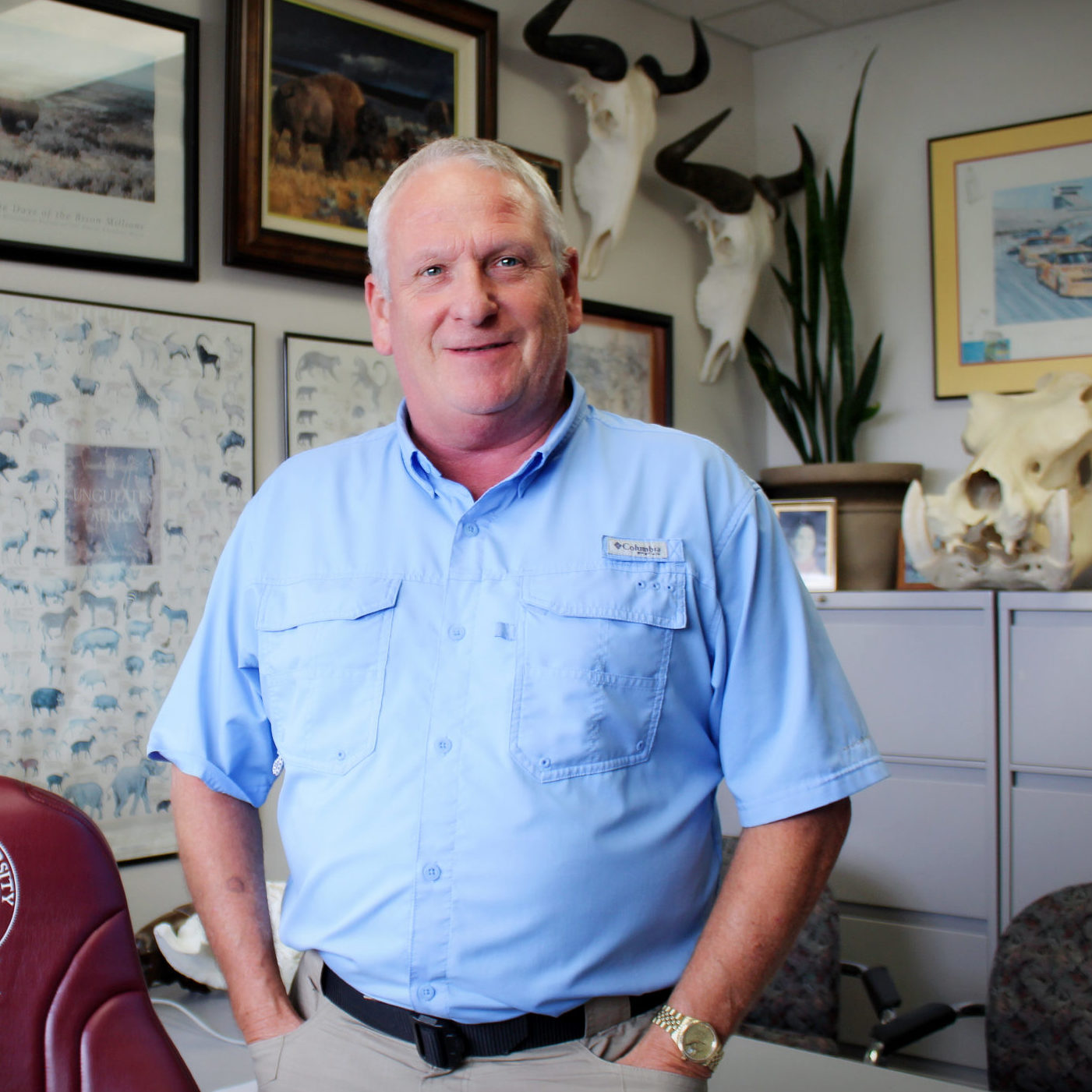
James Derr, PhD
Conservation and population genetics of mammals focusing on North American and African wildlife
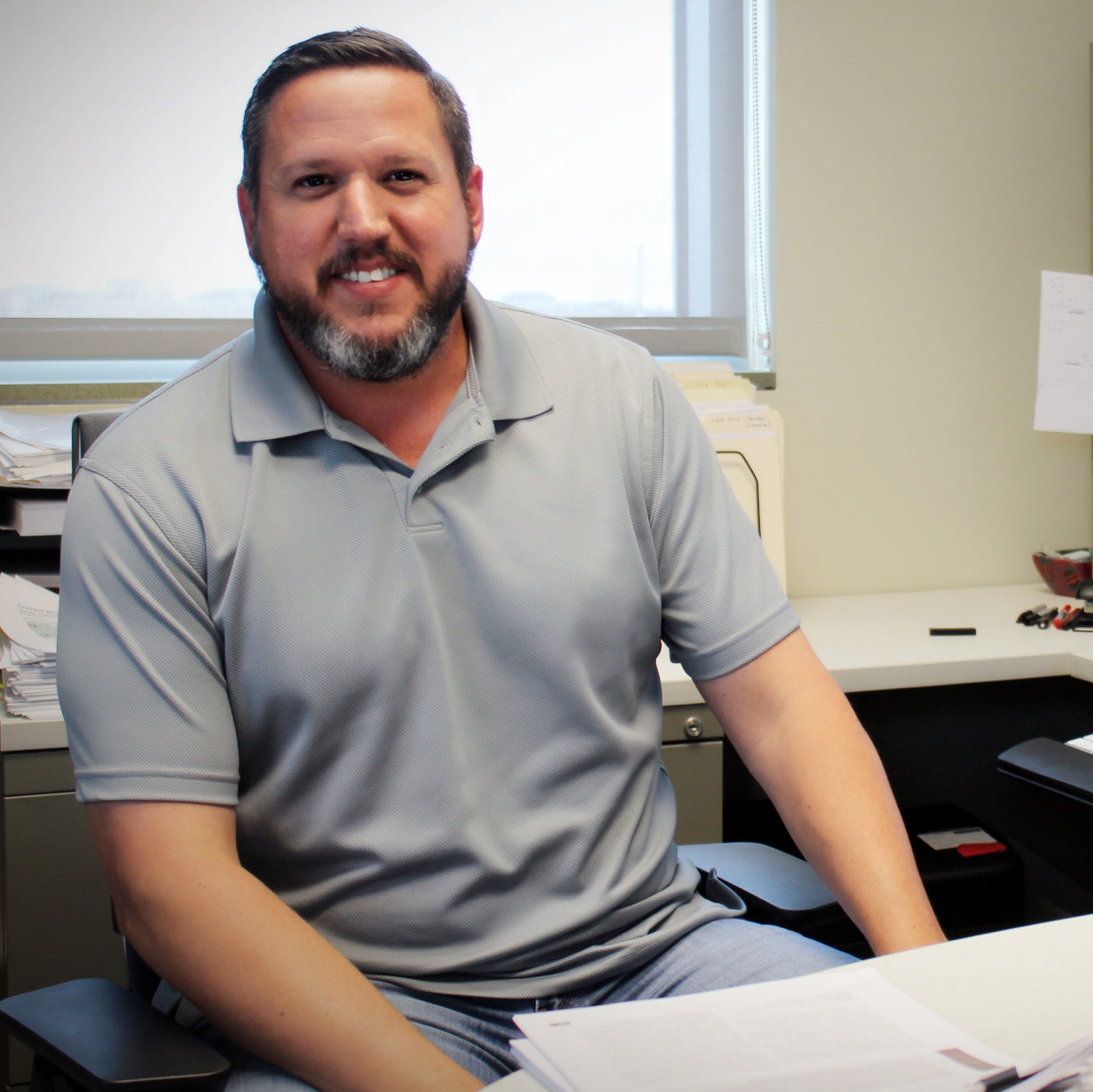
Scott Dindot, PhD
Genetic and epigenetic basis of disease, with a particular interest in neurological disorders associated with genomics imprinting

Sylvie Estrela, PhD
The Estrela lab is broadly interested in understanding how microbes interact with each other and their abiotic environment to shape microbial community assembly and dynamics. Our goal is to use this knowledge to manipulate microbiomes through environmental modifications, with a focus on nutrients and the human gut microbiome

Akhilesh Gaharwar, PhD
Design of bioresponsive materials for regenerative medicine, therapeutic delivery, and 3D bioprinting by combining diverse disciplines, including materials science, chemistry, cells biology, genetics, additive manufacturing and molecular/cellular medicine.
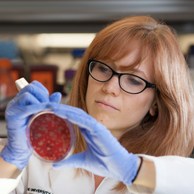
Jessica Galloway-Peña, PhD
Studies the pathobiome, or pathogens and the associated microbiota likely to influence the persistence, transmission, and evolution of pathogens, clinical contributors to the development of antibiotic resistance infections in high risk populations

Clare Gill, PhD
Molecular and computational tools for mapping quantitative trait loci

Vishal Gohil, PhD
Mitochondrial Biogenesis and Energy Metabolism

Shaodong Guo, PhD
Impact of plant-derived diets and nutrients on organ physiology in mice and humans, improving human health

Waylon J. Hastings, PhD
The goal of my research is to improve methods to estimate biological age, and support their use as endpoints in interventions aimed at increasing human healthspan and lifespan. Ongoing projects in the lab include linking data from large cohort studies to generate novel indices of metabolic- and inflamm-aging, as well as developing a new laboratory assay to measure telomere length using CRISPR technologies

Nancy Ing, PhD
Steroid hormone action on reproductive tissues in mammals

Yuchao Jiang, PhD
Statistical Genetics and Genomics, Computational Biology, Cancer Genomics, Single-Cell Omics

Adi Joshi, PhD
Our laboratory is focused on understanding role of nuclear receptors and transcriptions factors including Aryl hydrocarbon Receptor in hepatic pathophysiology. Our goal is to identify and characterize therapeutically useful molecular targets and utilize ligands to protect against metabolic dysfunction-associated steatotic liver disease

Wanhe Li, PhD
Uncovering mechanistic links between emotional states, biological timing, sleep, and development of chronic diseases using interdisciplinary approaches

Jessica Light, PhD
Research in the Light lab is focused broadly in evolutionary biology with a focus on systematics, population genetics, and coevolutionary associations between distantly related organisms, particularly mammals and their parasites. In general, our research relies on field work and Museum specimens, and we use molecular and morphological data from recently collected and ancient specimens to help elucidate broad evolutionary processes operating in distantly related taxa

Shuyu Liu, PhD
Mapping genes for wheat yield, quality, resistance to diseases, pests, and drought
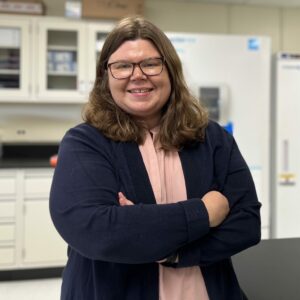
Lacey Luense, PhD
Epigenetic regulation of the paternal germline and subsequent effects on embryo development

Mariana Mateos, PhD
Evolution of host-symbiont associations using the association between Drosophila flies and Spiroplasma bacteria
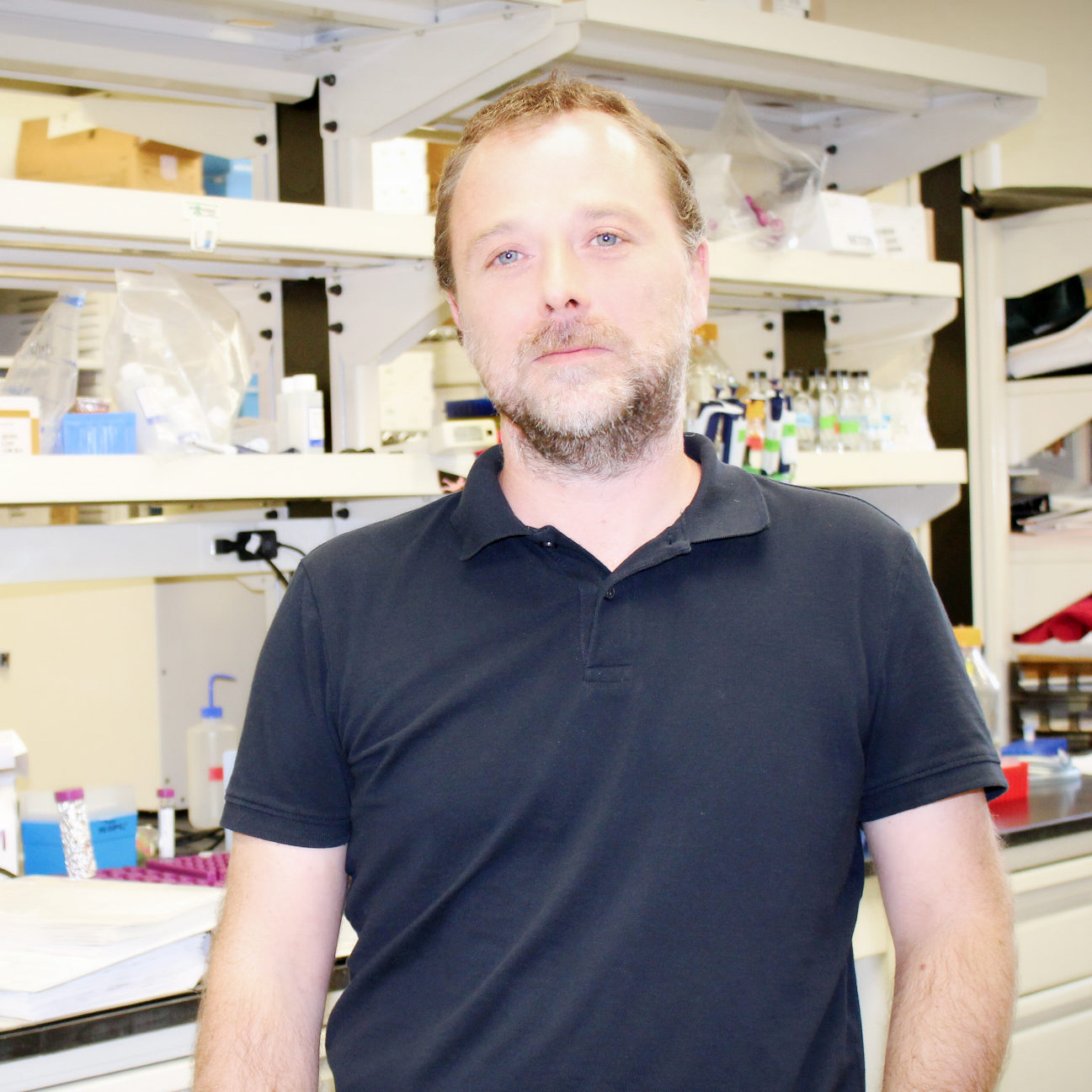
Jerome Menet, PhD
Regulation of rhythmic gene expression by the circadian clock in the mouse

Jeetain Mittal, PhD
The long-term objective of my research group is to be able to predict the consequences of a dynamic cellular environment on biochemical processes such as protein assembly (liquid-liquid phase separation), protein folding, protein binding, and protein-DNA interactions
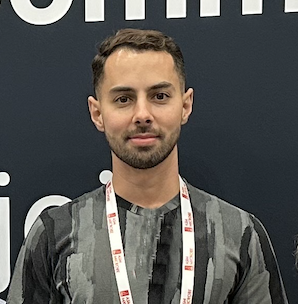
Erick Motta, PhD
Assembly and dynamics of native gut microbial communities and their impact on host physiology, particularly in detoxification and innate immunity pathways. Influence of environmental stressors on gut microbial communities, using the honey bee (Apis mellifera) as a model system

John Mullet, PhD
Genomics/genetics of energy sorghum design

William Murphy, PhD
Mammalian evolutionary genetics
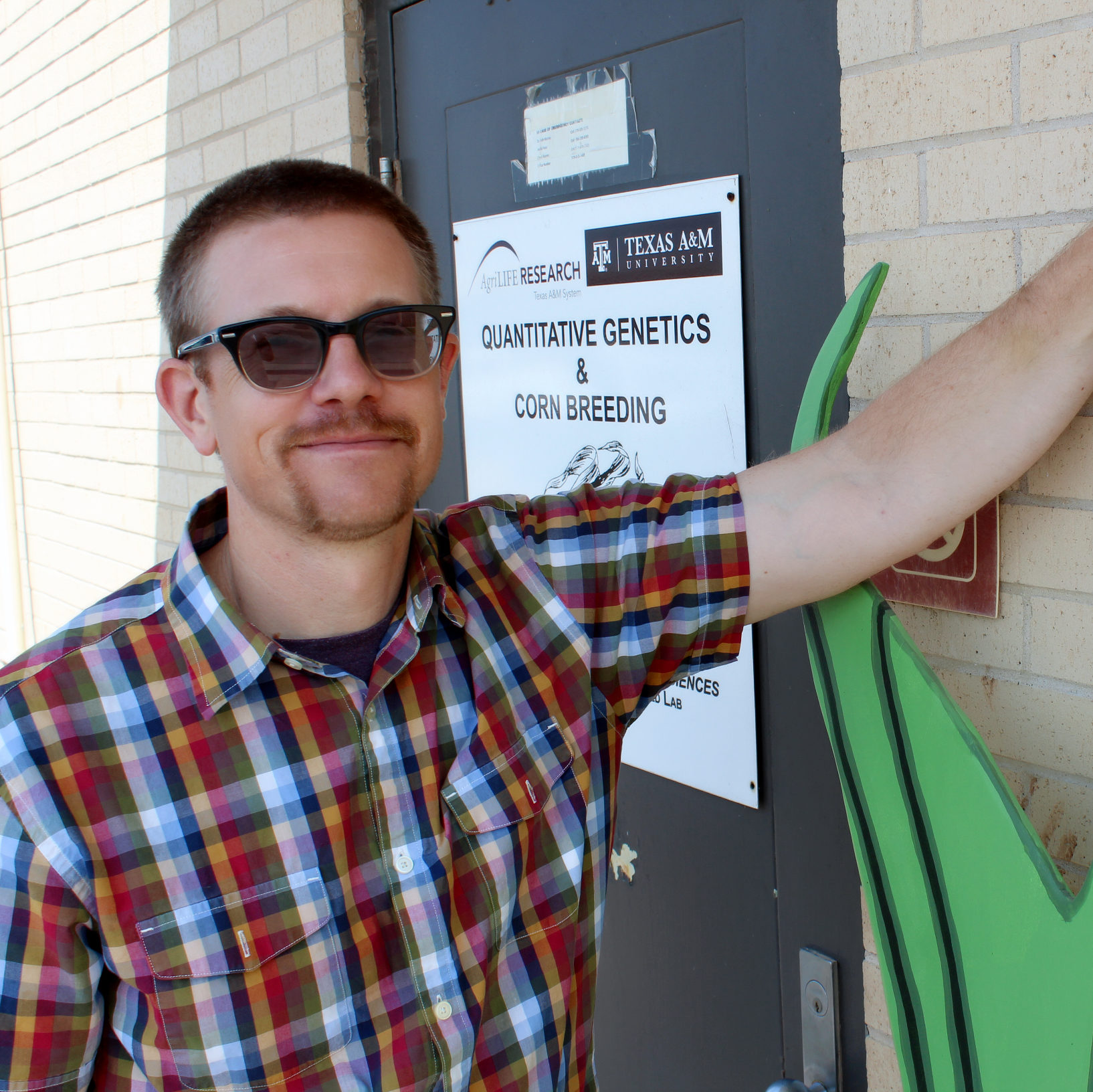
Seth Murray, PhD
Maize (corn) genetic improvement and discovery using molecular plant breeding, molecular quantitative genetics, high throughput field phenotyping and statistical analysis methods
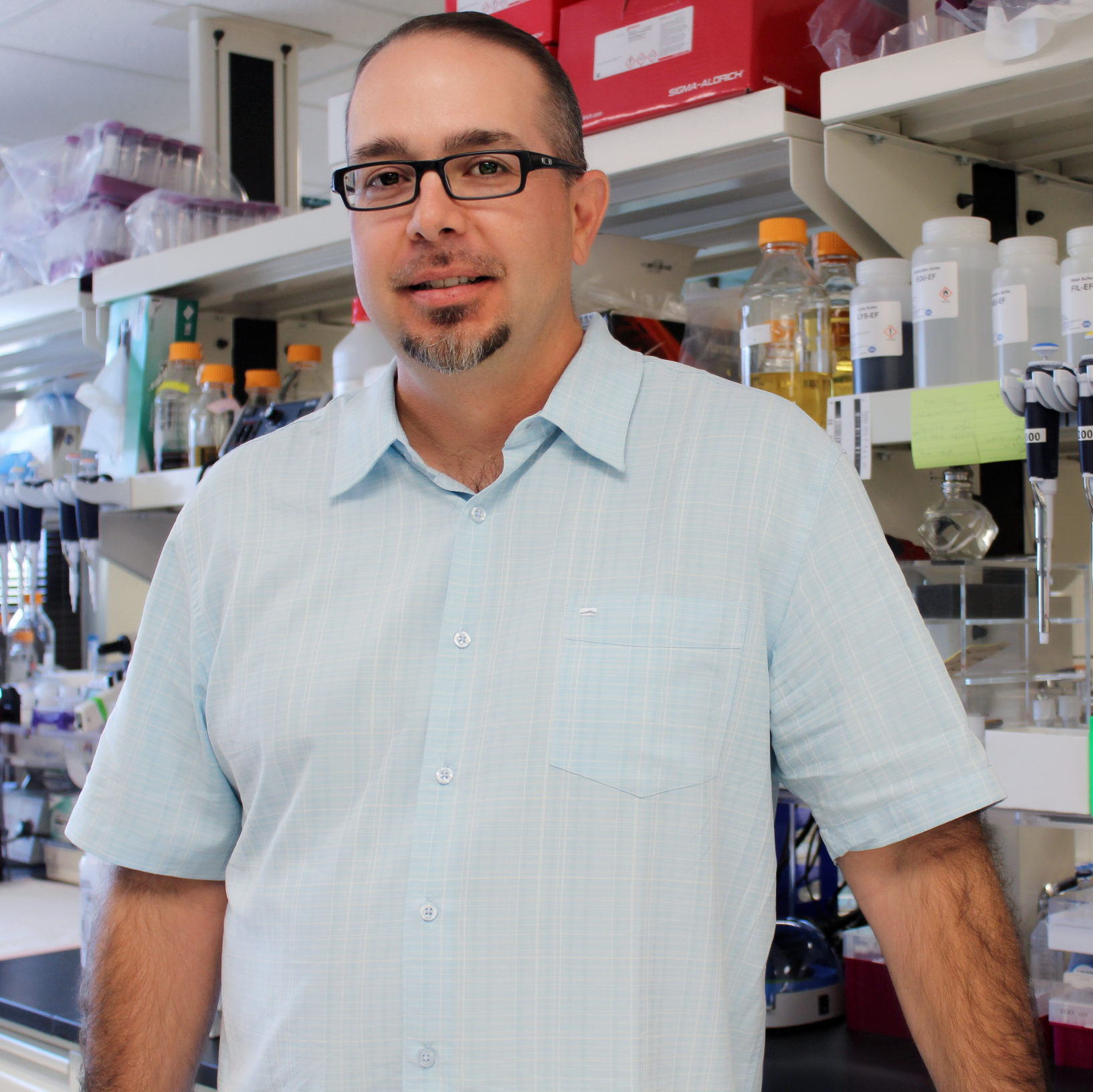
Kevin Myles, PhD
Small RNA pathways in the transmission of mosquito-borne viruses

Adam Nock, PhD
My laboratory is focused on the biology of Rickettsia, a group of obligate intracellular bacteria that are transmitted by arthropods. In particular, we are interested in how the tick-borne agent of Rocky Mountain spotted fever, Rickettsia rickettsii, navigates the transition between its arthropod and vertebrate hosts
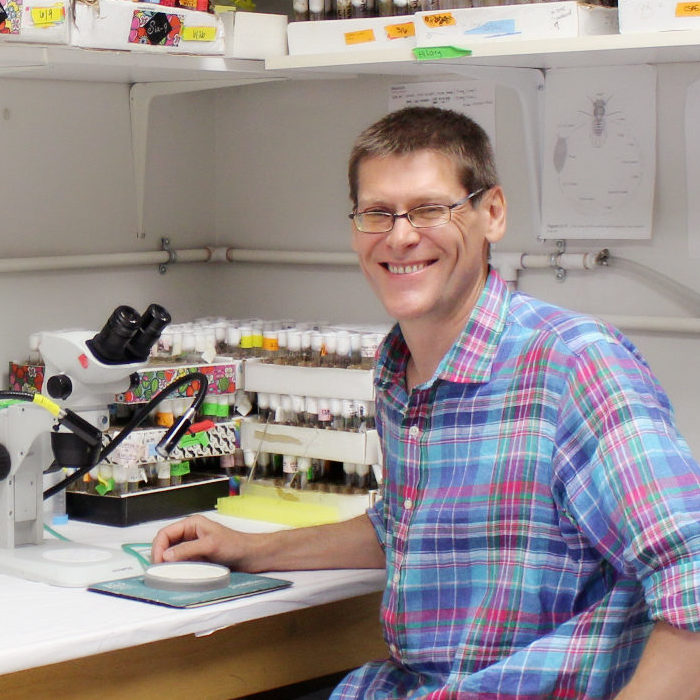
Vlad Panin, PhD
Developmental Biology / Glycosylation and Cell Interactions

Daniel Paredes-Sabja, PhD
Clostridioides difficile spore-host interactions, exosporium assembly and therapeutic development

Gregory Reeves, PhD
Systems biology tools — computational modeling and quantitative, live imaging — to study the signaling pathways that initialize differentiation using Drosophila

David Riley, PhD
Quantitative genetics in beef cattle reproduction
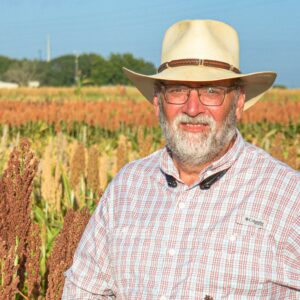
William Rooney, PhD
I manage the Agrilife Research sorghum improvement program which seeks to enhance the productivity and profitability of grain, forage and bioenergy sorghums by training graduate students in plant breeding, and conducting research on the genetic control of important traits in grain, forage and bioenergy sorghums. This training and research results in the development of sorghum germplasm that is released for research and commercialization purposes.

Tapasree Roy Sarkar, PhD
By integrating cutting-edge cellular biology, molecular biology, bioinformatics, and bioengineering approaches, my lab is investigating the complexities of the tumor microenvironment (TME) and the role of TME in tumor progression and drug response.
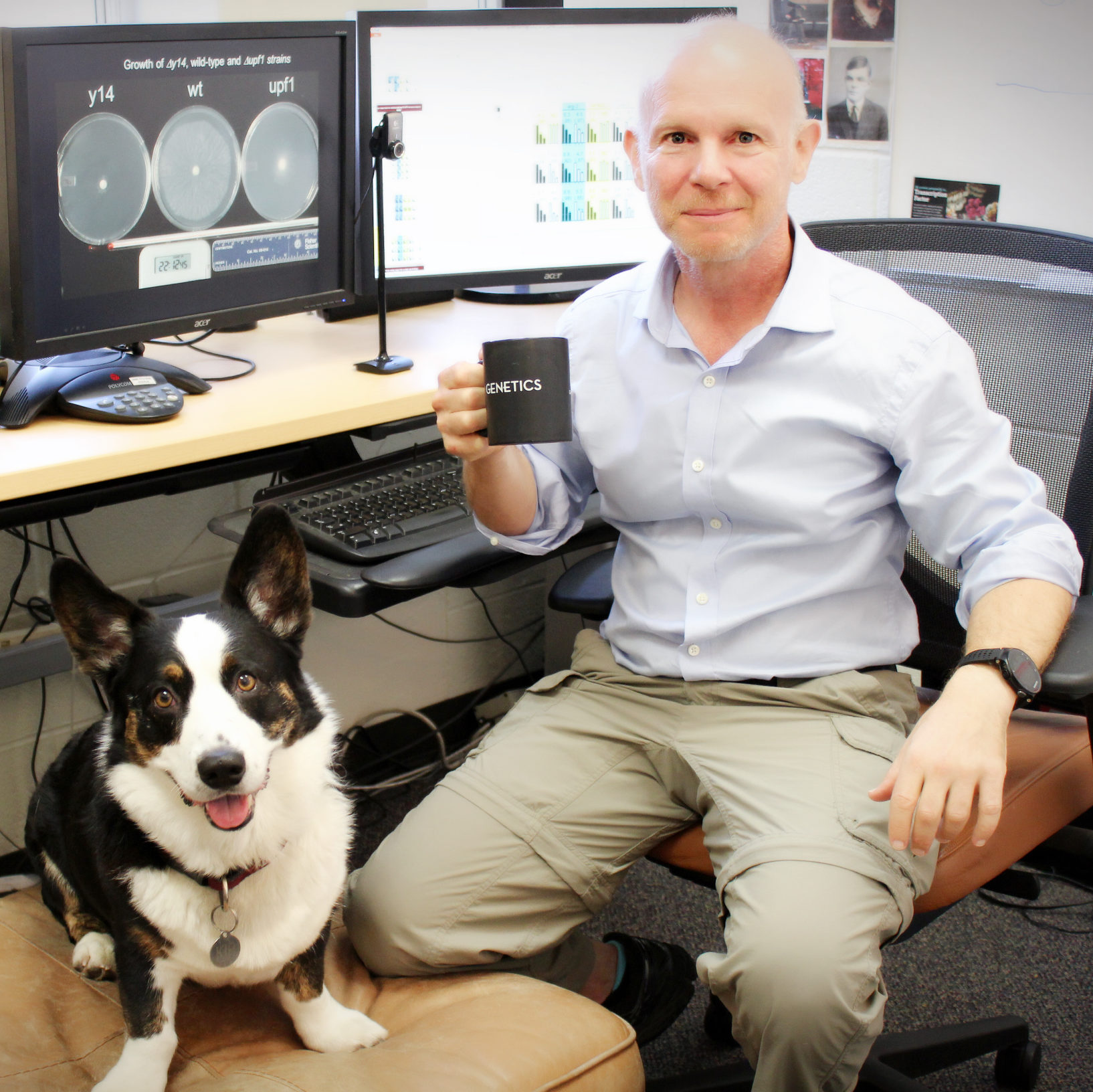
Matt Sachs, PhD
Mechanisms of translation regulation
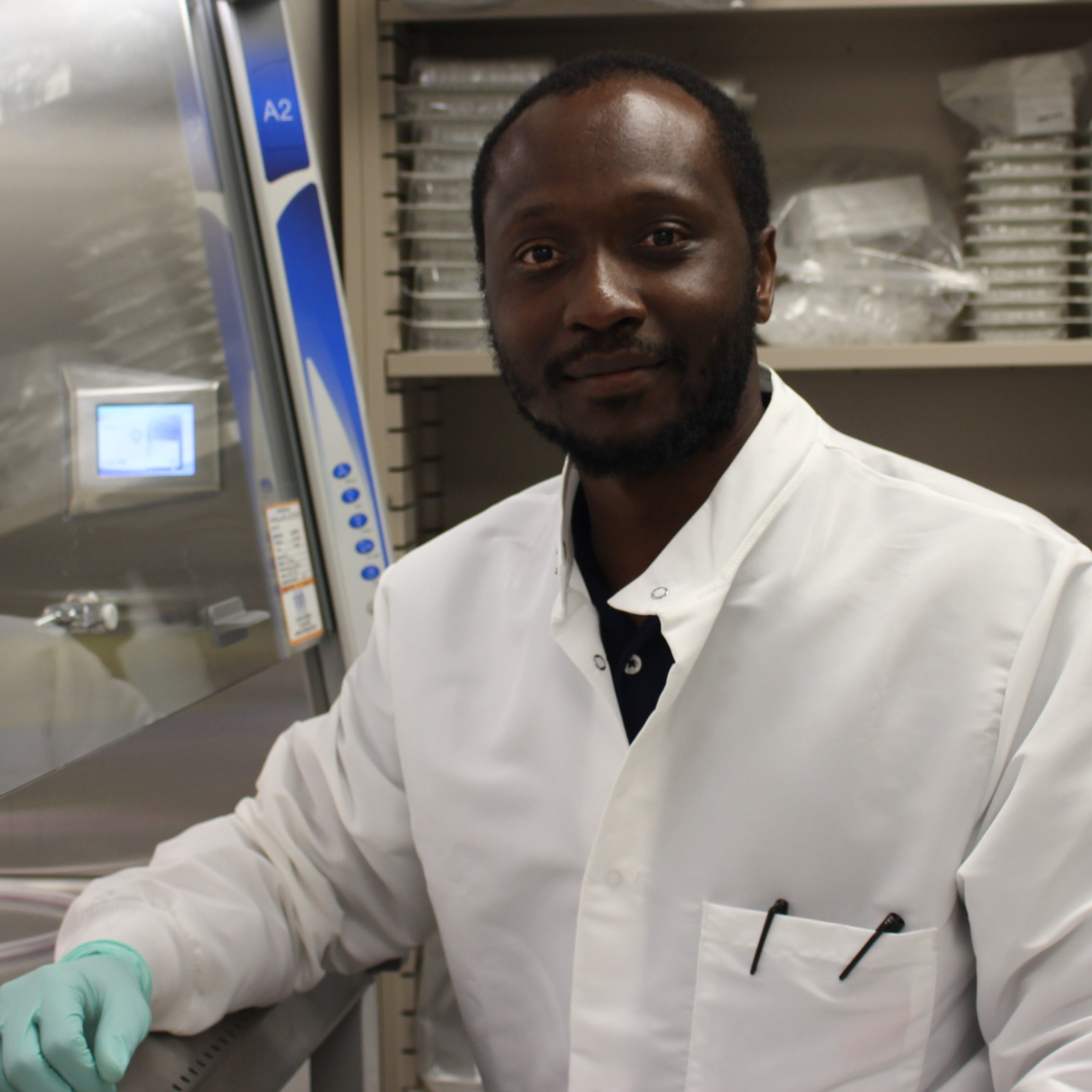
Lamba Omar Sangare, PhD
Our Lab focuses on the molecular Characterization of Toxoplasma gondii interactions with the placental barrier

Deborah Siegele, PhD
Entering and exiting stationary phase in E. coli
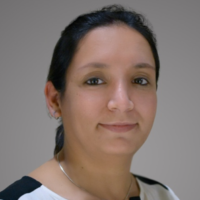
Irtisha Singh, PhD
Uncovering transcriptional and co-transcriptional regulatory programs in normal and diseased states
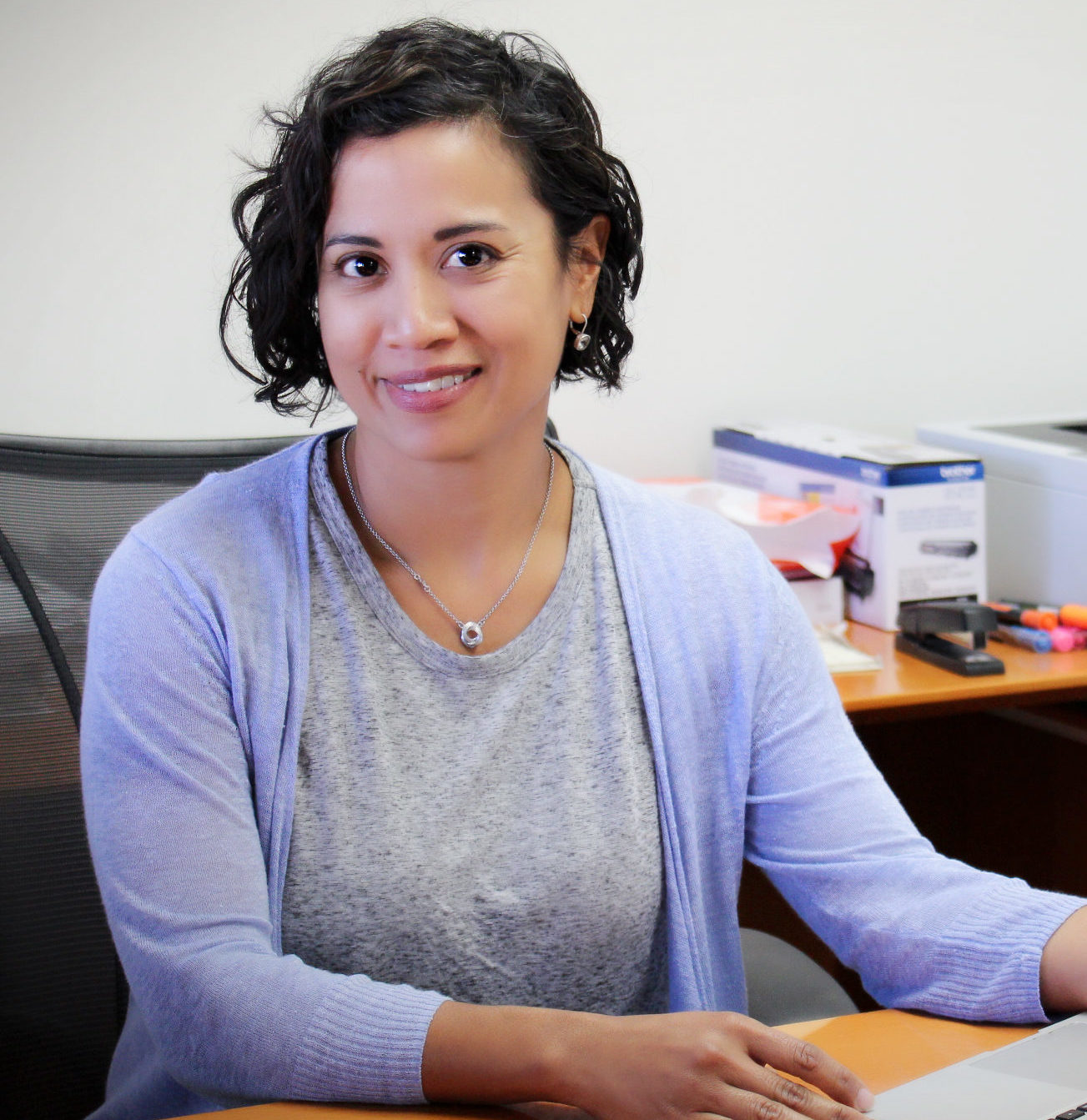
Raquel Sitcheran, PhD
NF-kappaB regulation of mitochondrial function in cancer cell invasion and metabolism
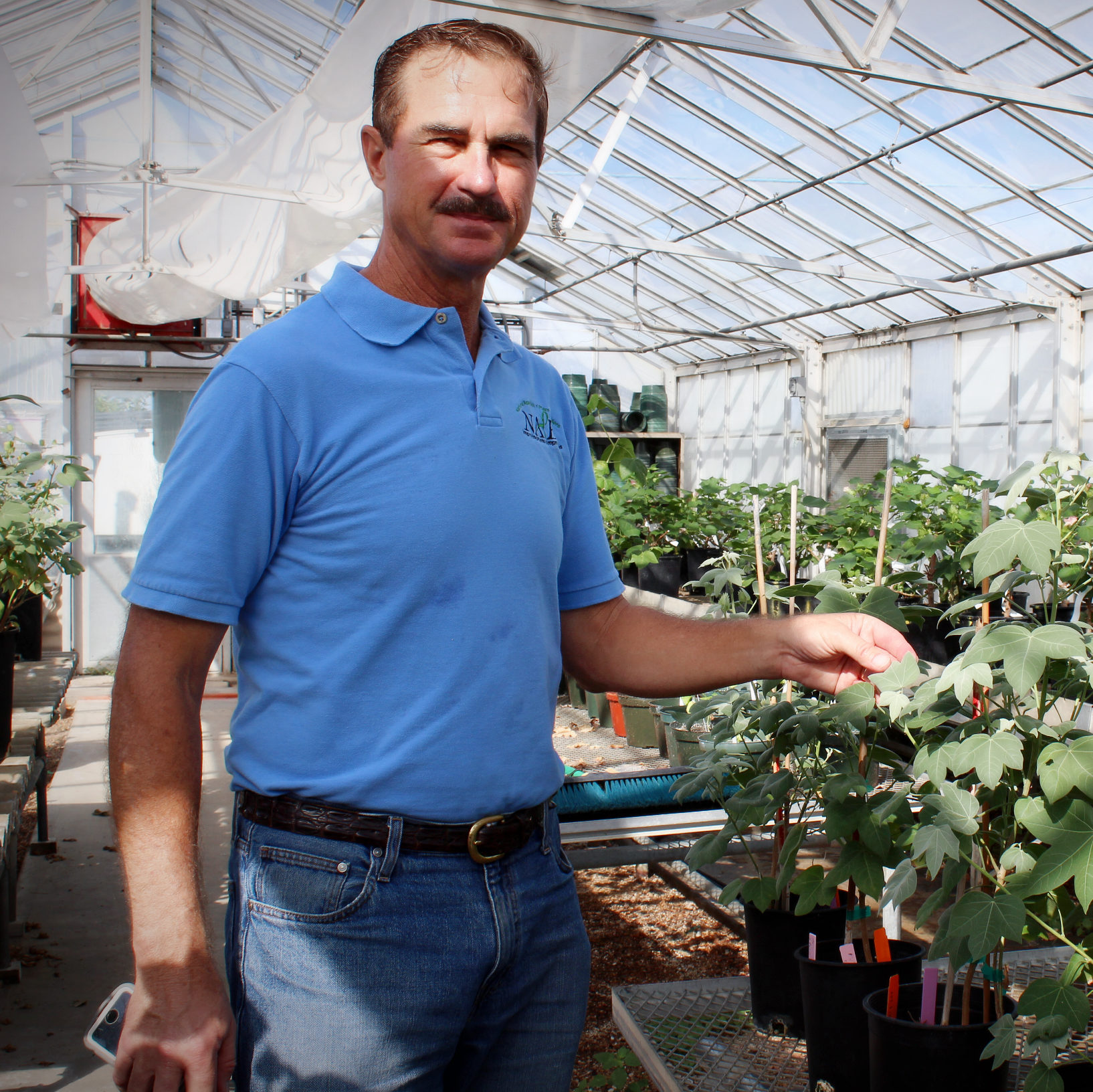
David Stelly, PhD
Plant Genetics, Cytogenetics, Biotechnology, Breeding and Genomics
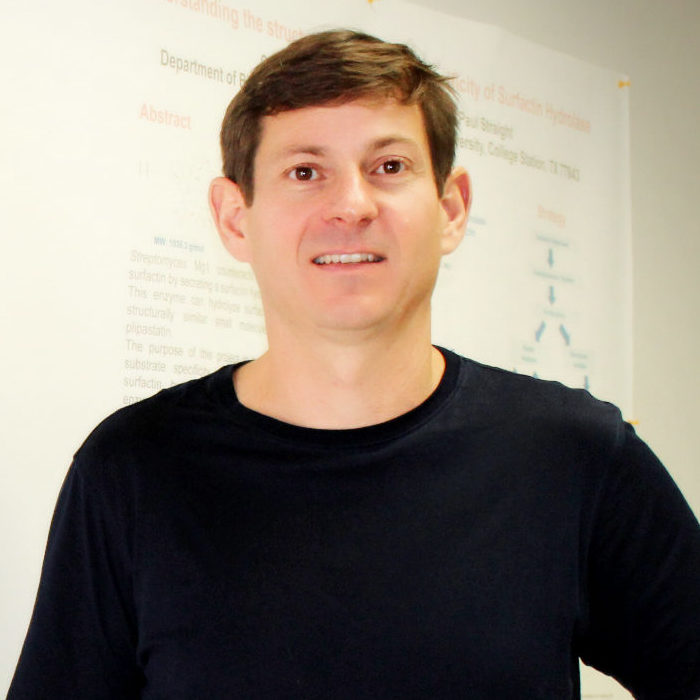
Paul Straight, PhD
Microbial Interactions and Secondary Metabolism

Sarguru Subash BVSc, PhD
Host-pathogen interaction in the urinary tract

Qing Sun, PhD
Synthetic Biology to understand essential gene targets towards bacteria-host interactions and bacteria-mammalian cell endosymbiosis as well as to develop next-generation therapeutics including mRNA vaccines and CRISPR technology

Masako Suzuki, D.V.M., Ph.D.
The Suzuki lab studies the mechanisms of how the body remembers a prenatal micronutrient deficiency condition and associates it with the disease risks later in life using genome-wide multi-omics approaches.

Larry J. Suva, PhD
My research involves the skeletal consequences of disease. We are investigating bone healing and regeneration in the context of genetic diseases in which bone is affected, such as Down syndrome, osteogenesis imperfacta and hypophospatasia.

Aaron Tarone, PhD
The Tarone lab studies the genetics of life history trait variation in flies and other arthropods. The lab takes quantitative, ecological, and functional approaches to dissecting the genetics of life history for medical, veterinary, and forensic purposes.

David Threadgill, PhD
Mouse modeling of gene-environment interactions underlying human health and diseases

Zhilong Yang, PhD
Yang lab studies the molecular mechanisms of virus replication and virus-host interactions.
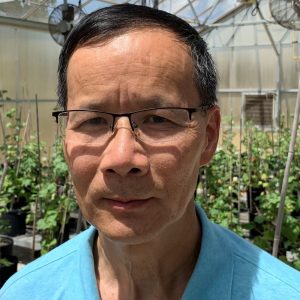
John Z. Yu, PhD
Cotton Genomics, Molecular Genetics, and Germplasm Diversity

Hong-Bin Zhang, PhD
Crop Genetic Improvement and Variety Breeding

Aref Zarin, PhD
Each neuron embedded within a neural circuit has its unique set of properties such as neurotransmitter receptors, neurotransmitter synthesizing enzymes, ion channels, axonal/dendritic morphology, and synaptic partners. In my lab, we study how terminal selector transcription factors (TTFs) govern the development and maintenance of such properties.

Kurt Zhang, PhD
Advanced bioinformatics technology and applications using cutting-edge genomics/imaging techniques to study complicated human diseases with the integration of human population studies with animal studies

Bo Zhou, PhD
Our lab studies how genome structural changes in uniquely human and unstable genomic regions influence brain development and its disorders. We combine advanced genomics approaches—including single-cell, long-read sequencing, and novel epigenomic assays—with iPSC-derived neurons and 3D neural organoids to uncover fundamental mechanisms and explore new therapeutic strategies, offering graduate students opportunities to train at the intersection of genomics/bioinformatics, neuroscience, and biochemistry.

Xuejun Zhu , PhD
Biomolecular engineering for applications in health and agriculture, including discovery of biological molecules involved in microbe- and host-microbe interactions, designing probiotics to program the microbe-mediated interactions
CONSERVATION, EVOLUTION, AND POPULATION GENETICS

Heath Blackmon, PhD
Sex chromosome evolution, phylogenetic comparative analyses and theoretical population genetics

James Cai, PhD
Genetics, Computational Statistics, and Data Science

Mahul Chakraborty, PhD
Long reads, pangenome graphs, evolutionary theories, and genome editing to study the molecular basis of phenotypic variation & adaptation
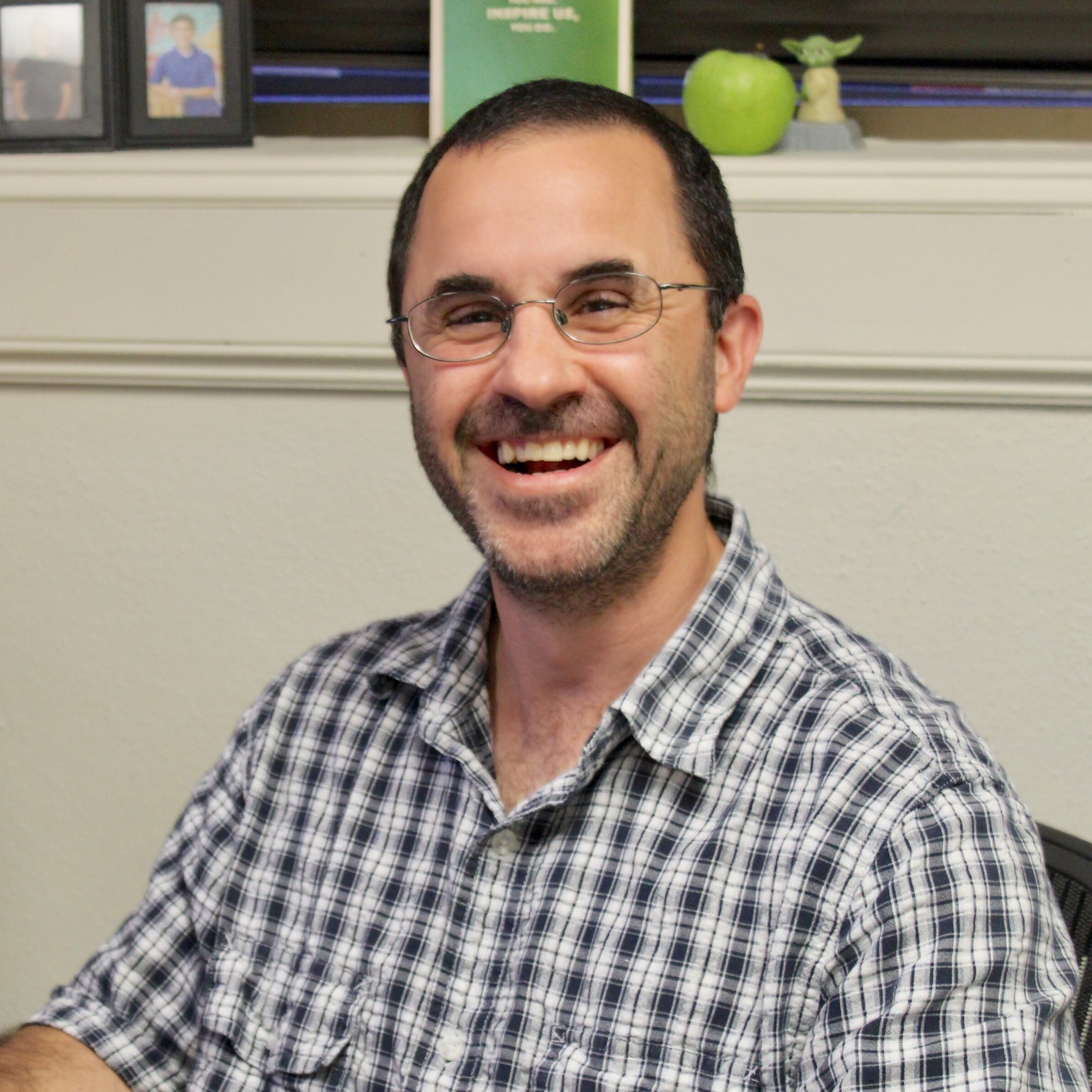
Charles Criscione, PhD
Population genetics and molecular ecology of metazoan parasites (e.g., nematodes, platyhelminths)

Brian W. Davis, PhD
Genome evolution, selection affects on natural and human-managed animal populations, computational biology and bioinformatics to understand heritable disease, phenotypic variation, and cancer

James Derr
Conservation and population genetics of mammals focusing on North American and African wildlife

Shaodong Gu, PhD
Impact of plant-derived diets and nutrients on organ physiology in mice and humans, improving human health

Luis Hurtado, PhD
Phylogeography, molecular phylogenetics, and conservation genetics

Jessica Light, PhD
Research in the Light lab is focused broadly in evolutionary biology with a focus on systematics, population genetics, and coevolutionary associations between distantly related organisms, particularly mammals and their parasites. In general, our research relies on field work and Museum specimens, and we use molecular and morphological data from recently collected and ancient specimens to help elucidate broad evolutionary processes operating in distantly related taxa

Shuyu Liu, PhD
Mapping genes for wheat yield, quality, resistance to diseases, pests, and drought

Mariana Mateos, PhD
Evolution of host-symbiont associations using the association between Drosophila flies and Spiroplasma bacteria

Erick Motta, PhD
Assembly and dynamics of native gut microbial communities and their impact on host physiology, particularly in detoxification and innate immunity pathways. Influence of environmental stressors on gut microbial communities, using the honey bee (Apis mellifera) as a model system

William Murphy, PhD
Mammalian evolutionary genetics

Seth Murray, PhD
Maize (corn) genetic improvement and discovery using plant breeding, molecular quantitative genetics, high throughput field phenotyping and statistical analysis methods

Masako Suzuki, D.V.M., Ph.D.
The Suzuki lab studies the mechanisms of how the body remembers a prenatal micronutrient deficiency condition and associates it with the disease risks later in life using genome-wide multi-omics approaches.

Aaron Tarone, Ph.D.
The Tarone lab studies the genetics of life history trait variation in flies and other arthropods. The lab takes quantitative, ecological, and functional approaches to dissecting the genetics of life history for medical, veterinary, and forensic purposes.
MEDICAL GENETICS- HUMAN AND ANIMAL
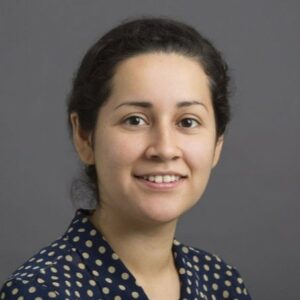
Yuriana Aguilar, PhD
My lab focuses on the effects of diabetes on cardiovascular physiology. In particular, we study how this disease affects key cardiac properties including electrical activity and contractility by calcium mishandling.
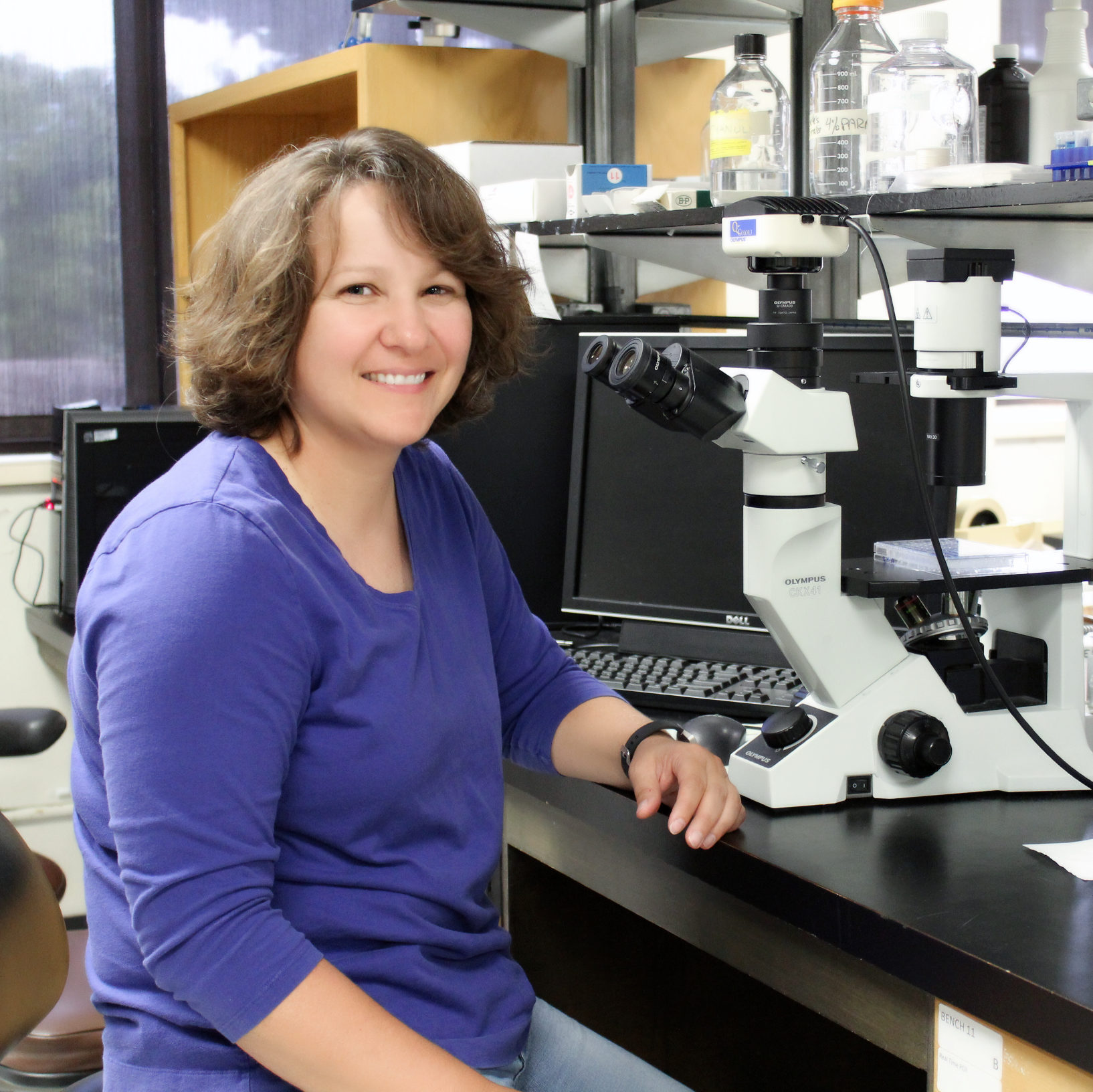
Kayla Bayless, PhD
Endothelial invasion in 3D matrices and Extracellular matrix biology

Candice Brinkmeyer-Langford, PhD
I study how genetics and environment interact in neurodegenerative diseases. I am particularly interested in the role of viral infection in neurological conditions

Adam J. Case, PhD
The Case Lab focuses on the interplay between the brain and the body. We are interested in how trauma, such as post-traumatic stress disorder (PTSD), influences behavior, immunity, and physiology to lead to the negative consequences of psychological trauma.

Zhilei Chen, PhD
Creation and engineering of affordable protein therapeutics to prevent and treat infectious diseases

Mahua Choudhury, PhD
Epigenetic regulation in metabolic diseases and pregnancy complications- A translational Research Lab

Jeffey Cirillo, PhD
Molecular genetics of mammals and bacterial respiratory pathogens including pneumonia and tuberculosis infections

Karl Clark, PhD
The Clark lab develops and uses genome engineering and precision gene editing for functional, behavioral, and applied genetics

Shaunna Clark, PhD
Genetic and epigenetic basis of substance use and addiction, statistical methods and software development

Michael Criscitiello, PhD
Comparative Immunogenetics

Brian W. Davis, PhD
Genome evolution, selection affects on natural and human-managed animal populations, computational biology and bioinformatics to understand heritable disease, phenotypic variation, and cancer

Scott Dindot, PhD
Genetic and epigenetic basis of disease, with a particular interest in neurological disorders associated with genomic imprinting

Shashank M. Dravid, PhD
We work on the biology of ionotropic glutamate receptors and synapse organizer proteins which are enriched in the brain. We also examine their contribution to neurological disorders and explore ways to manipulate them by pursuing drug discovery.
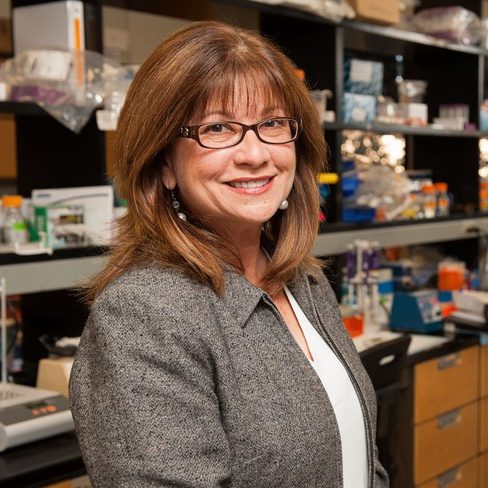
Robin Fuchs-Young, PhD
Mechanisms of breast carcinogenesis

Akhilesh Gaharwar, PhD
Design of bioresponsive materials for regenerative medicine, therapeutic delivery, and 3D bioprinting by combining diverse disciplines, including materials science, chemistry, cells biology, genetics, additive manufacturing and molecular/cellular medicine

Jessica Galloway-Peña, PhD
Studies the pathobiome, or pathogens and the associated microbiota likely to influence the persistence, transmission, and evolution of pathogens, clinical contributors to the development of antibiotic resistance infections in high risk populations.

Clare Gill, PhD
Molecular and computational tools for mapping quantitative trait loci

Carl Gregory, PhD
Our group studies the role of adult stem cells in bone and connective tissue repair in health and cancer, and we also develop means to manufacture therapeutic stem cells and their derivatives

Vishal Gohil, PhD
Mitochondrial Biogenesis and Energy Metabolism

Richard Gomer, PhD
Tissue size regulation, tissue cell composition, and fibrosing diseases

Shaodong Guo, PhD
Impact of plant-derived diets and nutrients on organ physiology in mice and humans, improving human health

Waylon J. Hastings, PhD
The goal of my research is to improve methods to estimate biological age, and support their use as endpoints in interventions aimed at increasing human healthspan and lifespan. Ongoing projects in the lab include linking data from large cohort studies to generate novel indices of metabolic- and inflamm-aging, as well as developing a new laboratory assay to measure telomere length using CRISPR technologies

John Hettema, PhD
Clinical focus on epidemiology, genetics, and biology of human anxiety and related disorders

Nancy Ing, PhD
Steroid hormone action on reproductive tissues in mammals

Cédric G. Geoffroy, PhD
Cell-specific molecular changes associated with age and injury of the central nervous system (spinal cord injury) to enhance functional recovery

Adi Joshi, PhD
Our laboratory is focused on understanding role of nuclear receptors and transcriptions factors including Aryl hydrocarbon Receptor in hepatic pathophysiology. Our goal is to identify and characterize therapeutically useful molecular targets and utilize ligands to protect against metabolic dysfunction-associated steatotic liver disease

Wanhe Li, PhD
Uncovering mechanistic links between emotional states, biological timing, sleep, and development of chronic diseases using interdisciplinary approaches

Fei Liu, PhD
Molecular cues for development and regeneration of tooth roots

Hui-Wen Lo, PhD
The Lo Lab is focused on basic and translational cancer biology and genetics in the College of Medicine. We are interested in making basic science discoveries and translating the gained knowledge to cancer diagnosis and therapy especially for patients with metastatic breast cancer

Lacey Luens, PhD
Epigenetic regulation of the paternal germline and subsequent effects on embryo development

Tereza Magalhaes, PhD
Dr. Magalhaes’ work centers on mosquito-borne disease transmission dynamics, particularly host-vector-virus interactions and arbovirus epidemiology. Her research integrates laboratory experiments with field studies in endemic regions to improve understanding of arbovirus transmission and inform prevention and control strategies.

Jerome Menet, PhD
Regulation of rhythmic gene expression by the circadian clock in the mouse

Rajesh Miranda, PhD
Fetal Brain Development, Stem cells, microRNAs and Teratology

Jeetain Mittal, PhD
The long-term objective of my research group is to be able to predict the consequences of a dynamic cellular environment on biochemical processes such as protein assembly (liquid-liquid phase separation), protein folding, protein binding, and protein-DNA interactions

Matthew Moulton, PhD
Functional genetics of neurodegenerative disease risk alleles, lipid biology, interactions between neurons and glia

William Murphy, PhD
Mammalian evolutionary genetics

Vlad Panin, PhD
Developmental Biology / Glycosylation and Cell Interactions
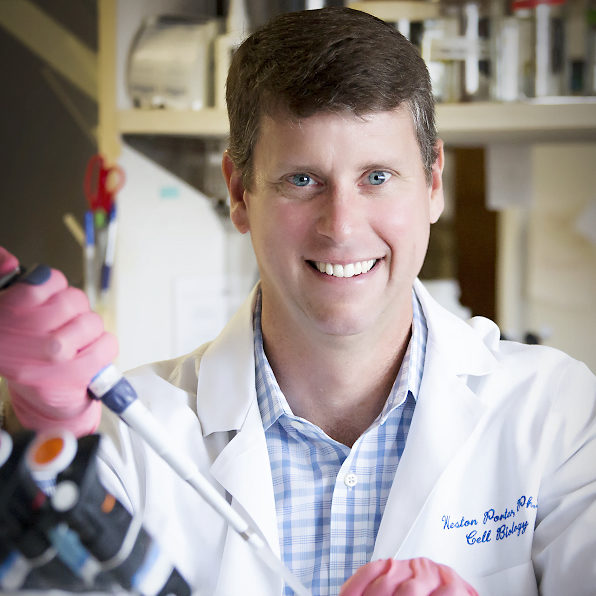
Weston Porter, PhD
Identification and characterization of factors involved in mammary gland development and breast cancer
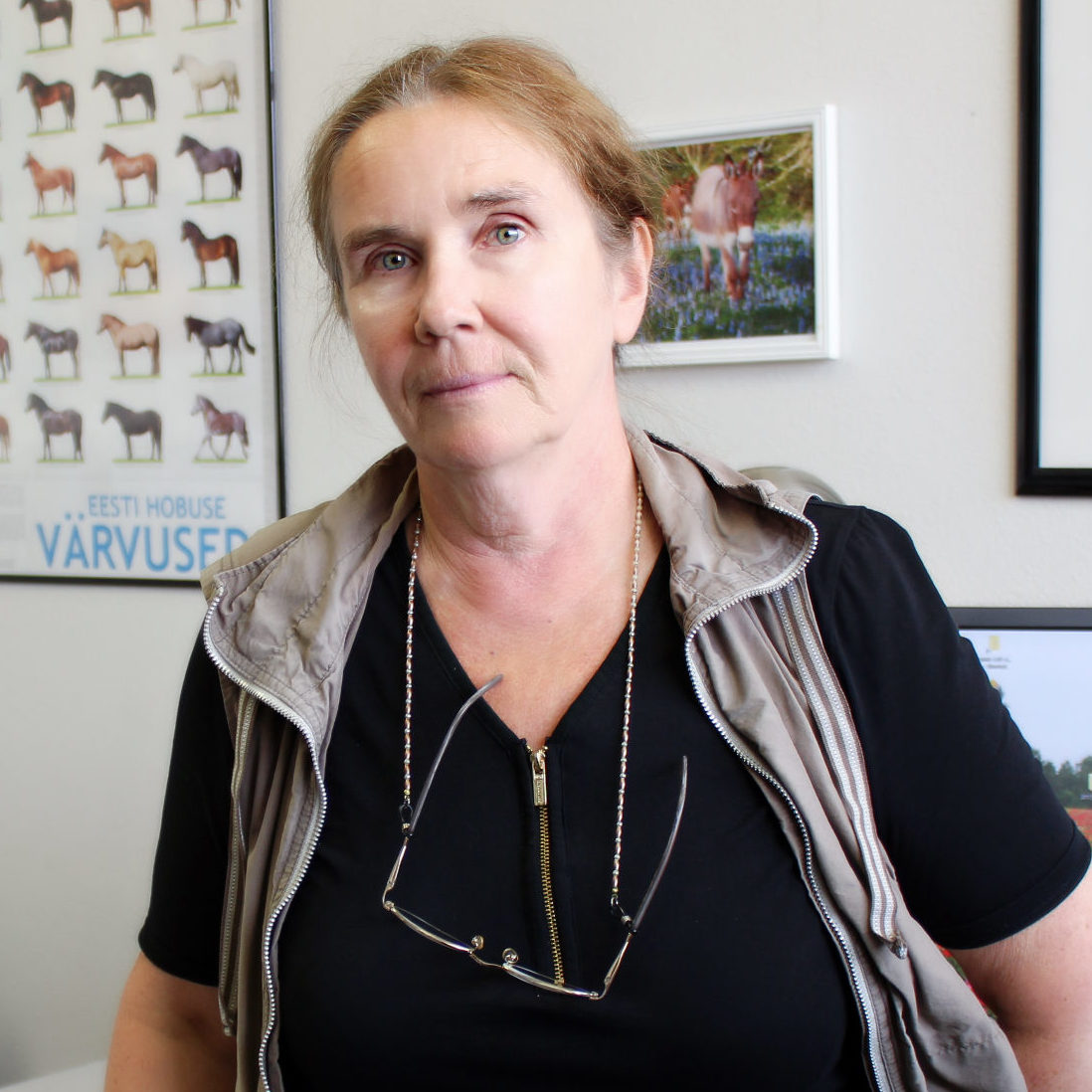
Terje Raudsepp, PhD
Animal Genomics and molecular Cytogenetics; genomics of sex chromosomes; genomics of sexual development and reproduction

Mendell Rimer, PhD
Cellular and molecular mechanisms of synapse formation, maintenance and pathology

Tapasree Roy Sarkar, PhD
By integrating cutting-edge cellular biology, molecular biology, bioinformatics, and bioengineering approaches, my lab is investigating the complexities of the tumor microenvironment (TME) and the role of TME in tumor progression and drug response.
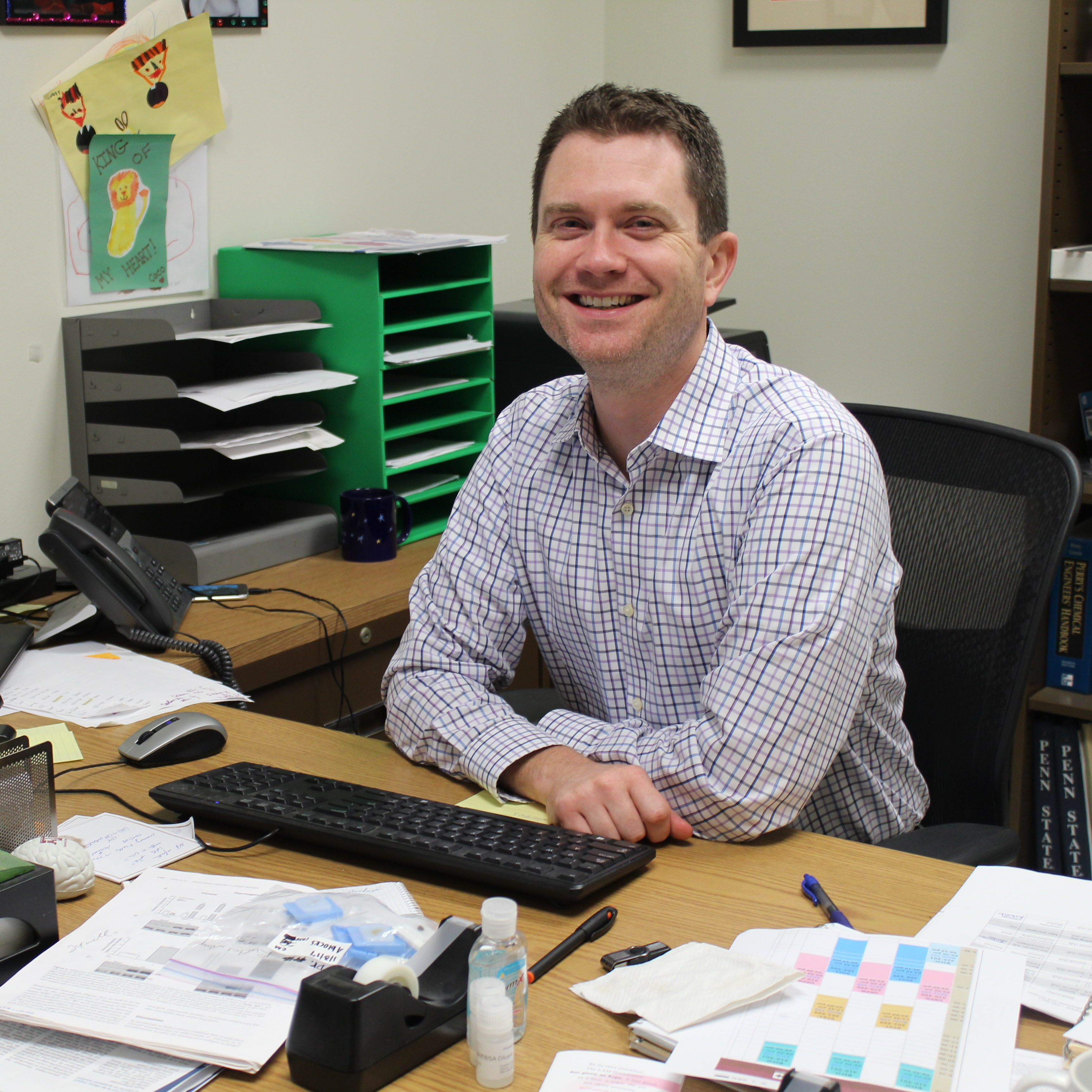
Joseph Rutkowski, PhD
Genetic manipulations of lymphatic endothelial cell biology. Lymphatic circulation and interstitial flux changes in pathological states
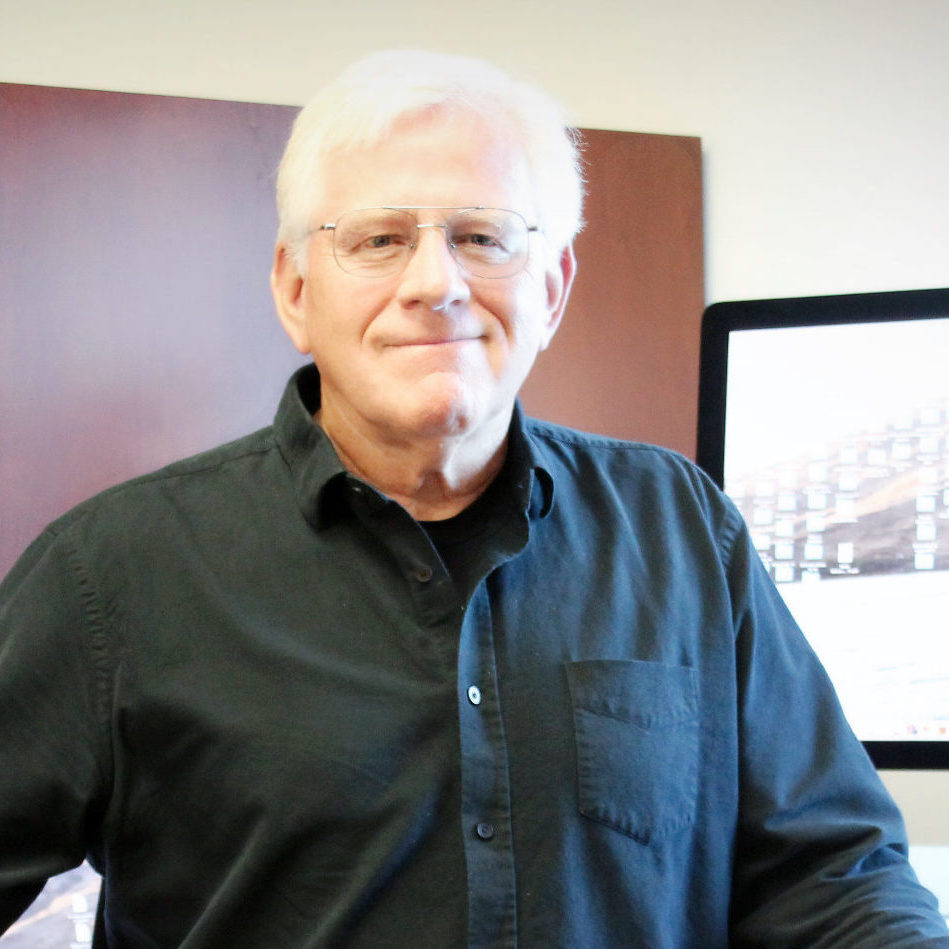
James Samuel, PhD
Molecular Pathogenesis of Coxiella burnetii, the agent of Q fever

Irtisha Singh, PhD
Uncovering transcriptional and co-transcriptional regulatory programs in normal and diseased states

Raquel Sitcheran,PhD
NF-kappaB regulation of mitochondrial function in cancer cell invasion and metabolism

Jon Skare,PhD
Pathogenesis of Borrelia burgdorferi, the bacterial agent of Lyme disease

Jianxun (Jim) Song, PhD
Cellular regulation of T-cell immunity and tolerance, and the main factors that affect T cell metabolic reprogramming.

Sarguru Subash BVSc, PhD
Host-pathogen interaction in the urinary tract

Qing Sun, PhD
Synthetic Biology to understand essential gene targets towards bacteria-host interactions and bacteria-mammalian cell endosymbiosis as well as to develop next-generation therapeutics including mRNA vaccines and CRISPR technology

Yuxiang Sun, MD, PhD
Hunger hormone ghrelin signaling in obesity, diabetes, inflammation, aging lifespan/healthspan

Masako Suzuki, D.V.M., Ph.D.
The Suzuki lab studies the mechanisms of how the body remembers a prenatal micronutrient deficiency condition and associates it with the disease risks later in life using genome-wide multi-omics approaches.

Larry J. Suva, PhD
My research involves the skeletal consequences of disease. We are investigating bone healing and regeneration in the context of genetic diseases in which bone is affected, such as Down syndrome, osteogenesis imperfacta and hypophospatasia.

David Threadgill, PhD
Mouse modeling of gene-environment interactions underlying human health and diseases

Jun Wang, PhD
Using genetic approaches such as optogenetics and chemogenetics to investigate neural circuit mechanisms of drug (cocaine and opioids) and alcohol addiction and Alzheimer’s disease

Kurt Zhang, PhD
Advanced bioinformatics technology and applications using cutting-edge genomics/imaging techniques to study complicated human diseases with the integration of human population studies with animal studies

Bo Zhou, PhD
Our lab studies how genome structural changes in uniquely human and unstable genomic regions influence brain development and its disorders. We combine advanced genomics approaches—including single-cell, long-read sequencing, and novel epigenomic assays—with iPSC-derived neurons and 3D neural organoids to uncover fundamental mechanisms and explore new therapeutic strategies, offering graduate students opportunities to train at the intersection of genomics/bioinformatics, neuroscience, and biochemistry.
MICROBIAL GENETICS

Rodolfo Aramayo, PhD
Genetics, Epigenetics and Meiotic RNA Silencing

Jared Bard, PhD
Biomolecular condensation and RNA biology during cellular stress, cancer and viral infection

Mary Bryk, PhD
Regulation of gene expression and genome stability by chromatin

Jeffrey Cirillo, PhD
Molecular genetics of mammals and bacterial respiratory pathogens including pneumonia and tuberculosis infections

Brian W. Davis, PhD
Genome evolution, selection affects on natural and human-managed animal populations, computational biology and bioinformatics to understand heritable disease, phenotypic variation, and cancer

Jessica Galloway-Peña, PhD
Studies the pathobiome, or pathogens and the associated microbiota likely to influence the persistence, transmission, and evolution of pathogens, clinical contributors to the development of antibiotic resistance infections in high risk populations.

Sylvie Estrela, PhD
The Estrela lab is broadly interested in understanding how microbes interact with each other and their abiotic environment to shape microbial community assembly and dynamics. Our goal is to use this knowledge to manipulate microbiomes through environmental modifications, with a focus on nutrients and the human gut microbiome
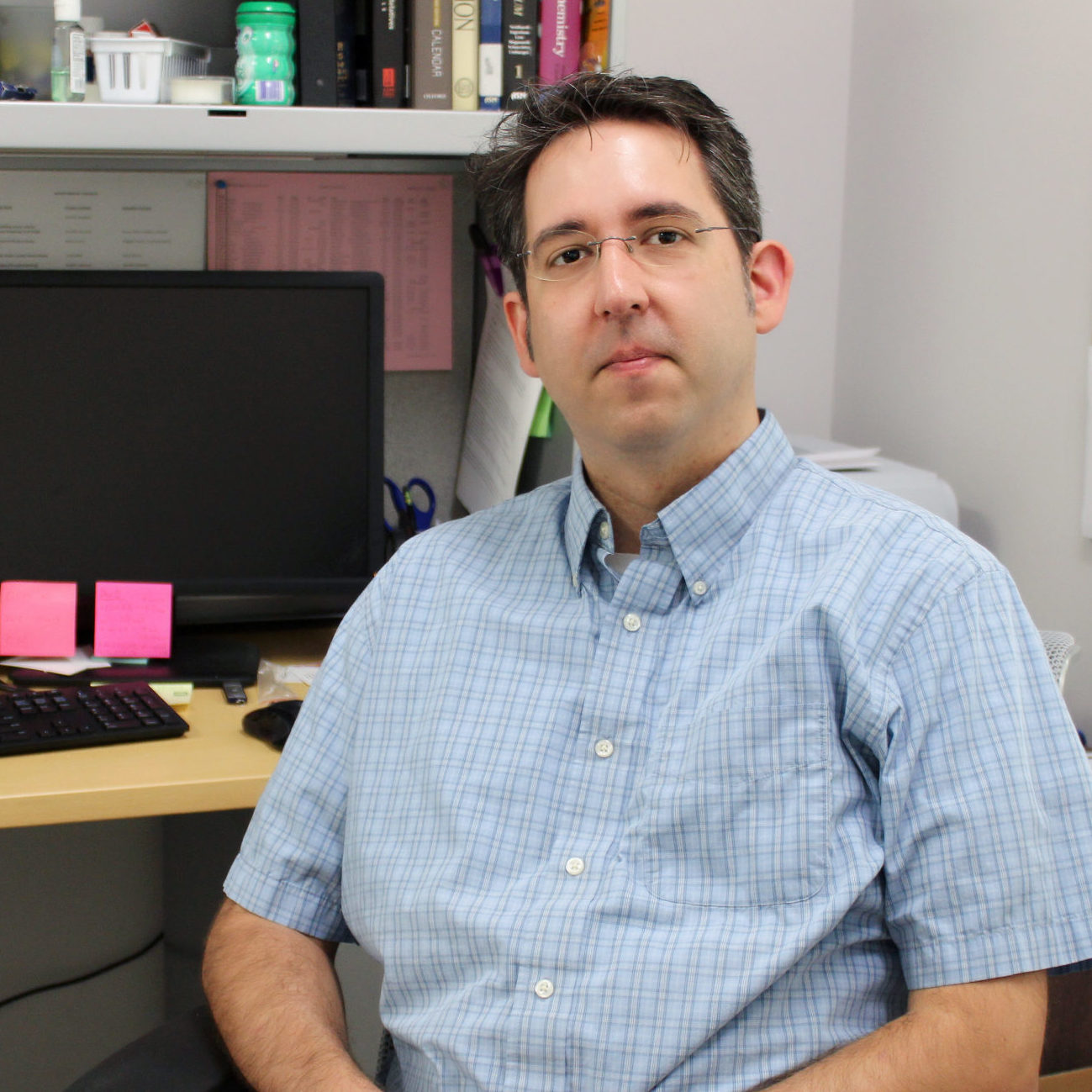
Jason Gill, PhD
Biology of bacteriophages and their application as antimicrobials

Shaodong Guo, PhD
We are using mouse genetics and gut microbiota analysis to identify the mechanisms of insulin resistance
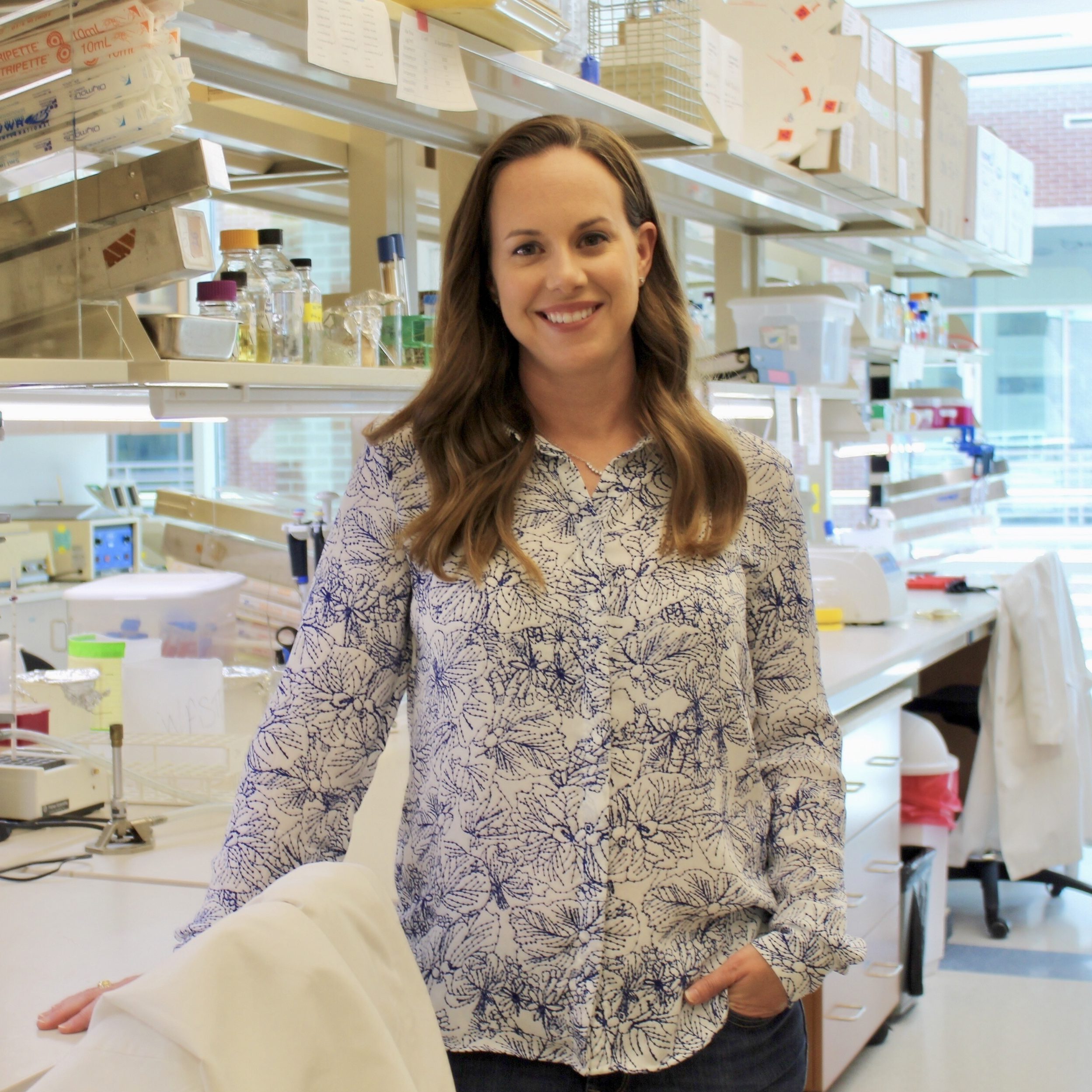
Jenny Hyde, PhD
Borrelia burgdorferi, the causative agent of Lyme disease, that causes a tick-borne multisystemic infection in humans

Julian Leibowitz, PhD
Coronavirus Replication and Pathogenesis

Pushkar Lele, PhD
We employ a combination of single-cell experimentation and computational tools to study bacterial chemotaxis & motility, immune-bacterial interactions, and antibiotic tolerance. We also test antibacterial products in collaboration with companies and develop technologies for waste-water purification

Fei Liu, PhD
Molecular cues for development and regeneration of tooth roots

Tereza Magalhaes, PhD
Dr. Magalhaes’ work centers on mosquito-borne disease transmission dynamics, particularly host-vector-virus interactions and arbovirus epidemiology. Her research integrates laboratory experiments with field studies in endemic regions to improve understanding of arbovirus transmission and inform prevention and control strategies.

Mariana Mateos, PhD
Evolution of host-symbiont associations using the association between Drosophila flies and Spiroplasma bacteria

Jerome Menet, PhD
Regulation of rhythmic gene expression by the circadian clock in the mouse

Erick Motta, PhD
Assembly and dynamics of native gut microbial communities and their impact on host physiology, particularly in detoxification and innate immunity pathways. Influence of environmental stressors on gut microbial communities, using the honey bee (Apis mellifera) as a model system

Kevin Myles, PhD
Small RNA pathways in the transmission of mosquito-borne viruses
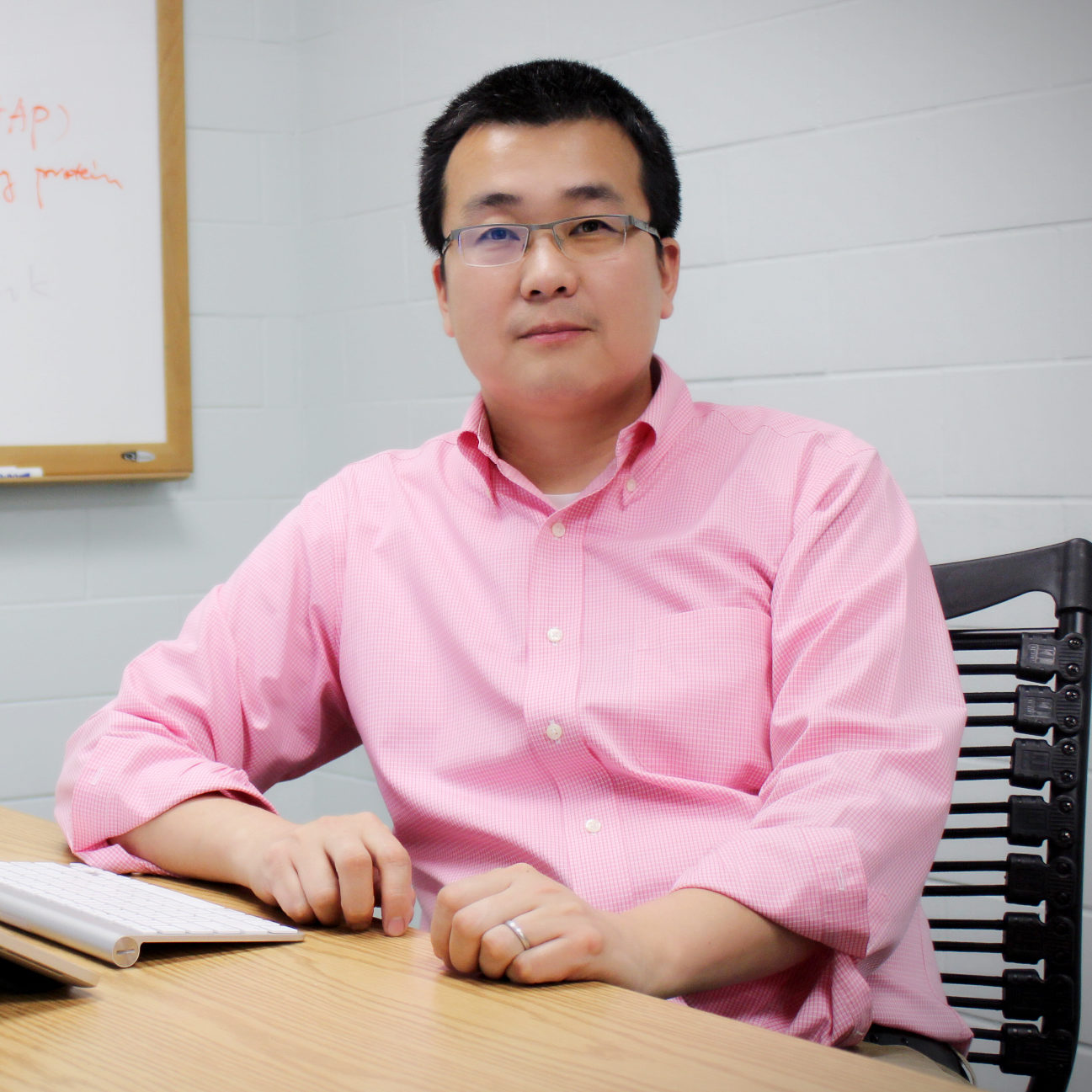
Beiyan Nan, PhD
Bacteria genetics, biochemistry and super-resolution microscopy techniques. Focusing on motility, cytoskeleton, cell wall synthesis, cell differentiation, cell polarity and cell-cell communication

Adam Nock, PhD
My laboratory is focused on the biology of Rickettsia, a group of obligate intracellular bacteria that are transmitted by arthropods. In particular, we are interested in how the tick-borne agent of Rocky Mountain spotted fever, Rickettsia rickettsii, navigates the transition between its arthropod and vertebrate hosts

Daniel Paredes-Sabja, PhD
Clostridioides difficile spore-host interactions, exosporium assembly and therapeutic development

Hongmin Qin, PhD
Trafficking paradigms in flagella and the assembly of a microtubule-based beating machine

Matt Sachs, PhD
Mechanisms of translation regulation

James Samuel, PhD
Molecular Pathogenesis of Coxiella burnetii, the agent of Q fever

Lamba Omar Sangare, PhD
Our Lab focuses on the molecular Characterization of Toxoplasma gondii interactions with the placental barrier

Deborah Siegele, PhD
Entering and exiting stationary phase in E. coli

Jon Skare,PhD
Pathogenesis of Borrelia burgdorferi, the bacterial agent of Lyme disease

Paul Straight, PhD
Microbial Interactions and Secondary Metabolism

Sarguru Subash BVSc, PhD
Host-pathogen interaction in the urinary tract

Qing Sun, PhD
Synthetic Biology to understand essential gene targets towards bacteria-host interactions and bacteria-mammalian cell endosymbiosis as well as to develop next-generation therapeutics including mRNA vaccines and CRISPR technology

Aaron Tarone, PhD
The Tarone lab studies the genetics of life history trait variation in flies and other arthropods. The lab takes quantitative, ecological, and functional approaches to dissecting the genetics of life history for medical, veterinary, and forensic purposes.

Zhilong Yang, PhD
Yang lab studies the molecular mechanisms of virus replication and virus-host interactions.

Xuejun Zhu , PhD
Biomolecular engineering for applications in health and agriculture, including discovery of biological molecules involved in microbe- and host-microbe interactions, designing probiotics to program the microbe-mediated interactions
MOLECULAR, CELLULAR AND DEVELOPMENTAL GENETICS

Zachary Adelman, PhD
Gene editing and genetic engineering to develop novel genetics-based methods for controlling vector-borne disease transmission

Hubert Amrein, PhD
Taste perception, Chemosensory Neural Networks and Internal Nutrient Sensing

Vytas Bankaitis, PhD
Lipid-mediated Signal Transduction

Jared Bard, PhD
Biomolecular condensation and RNA biology during cellular stress, cancer and viral infection

Kayla Bayles, PhD
Endothelial invasion in 3D matrices and Extracellular matrix biology
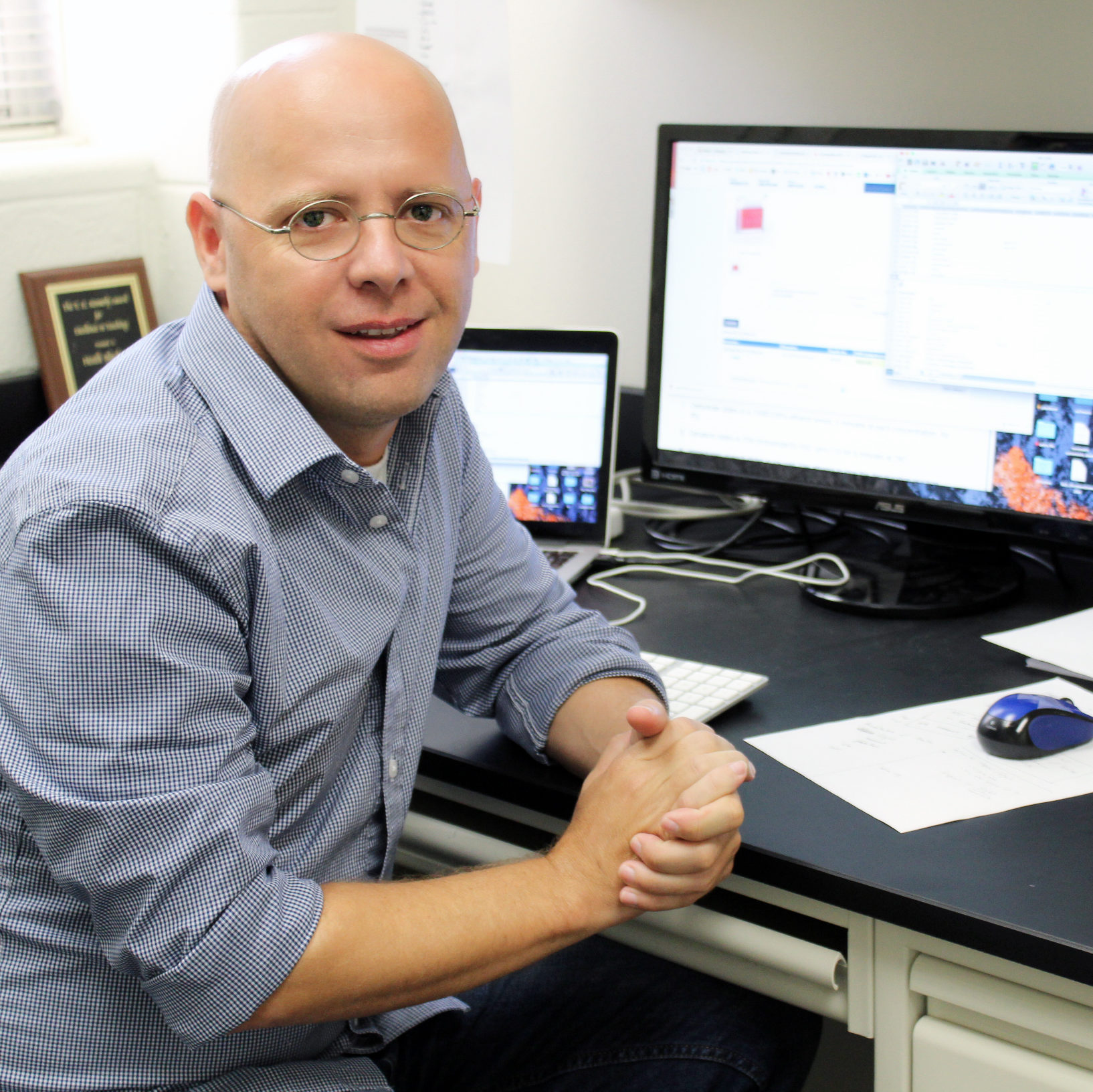
Heath Blackmon, PhD
Sex chromosome evolution, phylogenetic comparative analyses and theoretical population genetics

Sarah Bondos, PhD
Hox transcription factors as master regulators and Biomaterials

Mary Bryk, PhD
Regulation of gene expression and genome stability by chromatin

Adam J. Case, PhD
The Case Lab focuses on the interplay between the brain and the body. We are interested in how trauma, such as post-traumatic stress disorder (PTSD), influences behavior, immunity, and physiology to lead to the negative consequences of psychological trauma.

Mahul Chakraborty, PhD
Long reads, pangenome graphs, evolutionary theories, and genome editing to study the molecular basis of phenotypic variation & adaptation

Mahua Choudhury, PhD
Epigenetic regulation in metabolic diseases and pregnancy complications- A translational Research Lab

Jeffrey Cirillo, PhD
Molecular genetics of mammals and bacterial respiratory pathogens including pneumonia and tuberculosis infections

Karl Clark, PhD
The Clark lab develops and uses genome engineering and precision gene editing for functional, behavioral, and applied genetics

Jorge Cruz-Reyes, PhD
RNA Editing in African Trypanosomes

Scott Dindot, PhD
Genetic and epigenetic basis of disease, with a particular interest in neurological disorders associated with genomics imprinting

Shashank M. Dravid, PhD
We work on the biology of ionotropic glutamate receptors and synapse organizer proteins which are enriched in the brain. We also examine their contribution to neurological disorders and explore ways to manipulate them by pursuing drug discovery.

Robin Fuchs-Young, PhD
Mechanisms of breast carcinogenesis

Akhilesh Gaharwar, PhD
Design of bioresponsive materials for regenerative medicine, therapeutic delivery, and 3D bioprinting by combining diverse disciplines, including materials science, chemistry, cells biology, genetics, additive manufacturing and molecular/cellular medicine.

Cédric G. Geoffroy, PhD
Cell-specific molecular changes associated with age and injury of the central nervous system (spinal cord injury) to enhance functional recovery

Clare Gill, PhD
Molecular and computational tools for mapping quantitative trait loci

Carl Gregory, PhD
Our group studies the role of adult stem cells in bone and connective tissue repair in health and cancer, and we also develop means to manufacture therapeutic stem cells and their derivatives

Vishal Gohil, PhD
Mitochondrial Biogenesis and Energy Metabolism

Michael Golding, PhD
Developmental Programming and biochemical mechanisms by which chromatin structure is altered during development and how these epigenetic changes cause birth defects and disease

Shaodong Guo, PhD
Impact of plant-derived diets and nutrients on organ physiology in mice and humans, improving human health

Nancy Ing, PhD
Steroid hormone action on reproductive tissues in mammals

Srividhya Iyer, PhD
Dr. Iyer’s research interests lie in in understanding and leveraging the Unfolded Protein Response (UPR), in response to protein folding and processing overloads in the endoplasmic reticulum (ER), to maintain declining bone health and poor repair associated with pathological conditions
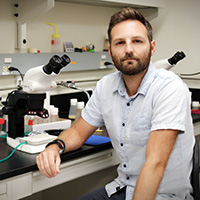
Jason Karpac, PhD
Investigating the origins of adaptive signaling networks that merge metabolism, innate immunity, and aging utilizing Drosophila genetics

Julian Leibowitz, PhD
Coronavirus Replication and Pathogenesis

Wanhe Li, PhD
Uncovering mechanistic links between emotional states, biological timing, sleep, and development of chronic diseases using interdisciplinary approaches

Hui-Wen Lo, PhD
The Lo Lab is focused on basic and translational cancer biology and genetics in the College of Medicine. We are interested in making basic science discoveries and translating the gained knowledge to cancer diagnosis and therapy especially for patients with metastatic breast cancer

Lacey Luens, PhD
Epigenetic regulation of the paternal germline and subsequent effects on embryo development

Tereza Magalhaes, PhD
Dr. Magalhaes’ work centers on mosquito-borne disease transmission dynamics, particularly host-vector-virus interactions and arbovirus epidemiology. Her research integrates laboratory experiments with field studies in endemic regions to improve understanding of arbovirus transmission and inform prevention and control strategies.

Christine Merlin, PhD
Molecular genetics and genomics of circadian clocks and monarch butterfly migration

Jeetain Mittal, PhD
The long-term objective of my research group is to be able to predict the consequences of a dynamic cellular environment on biochemical processes such as protein assembly (liquid-liquid phase separation), protein folding, protein binding, and protein-DNA interactions

Matthew Moulton, PhD
Functional genetics of neurodegenerative disease risk alleles, lipid biology, interactions between neurons and glia

Kevin Myles, PhD
Small RNA pathways in the transmission of mosquito-borne viruses

Beiyan Nan, PhD
Bacteria genetics, biochemistry and super-resolution microscopy techniques. Focusing on motility, cytoskeleton, cell wall synthesis, cell differentiation, cell polarity and cell-cell communication
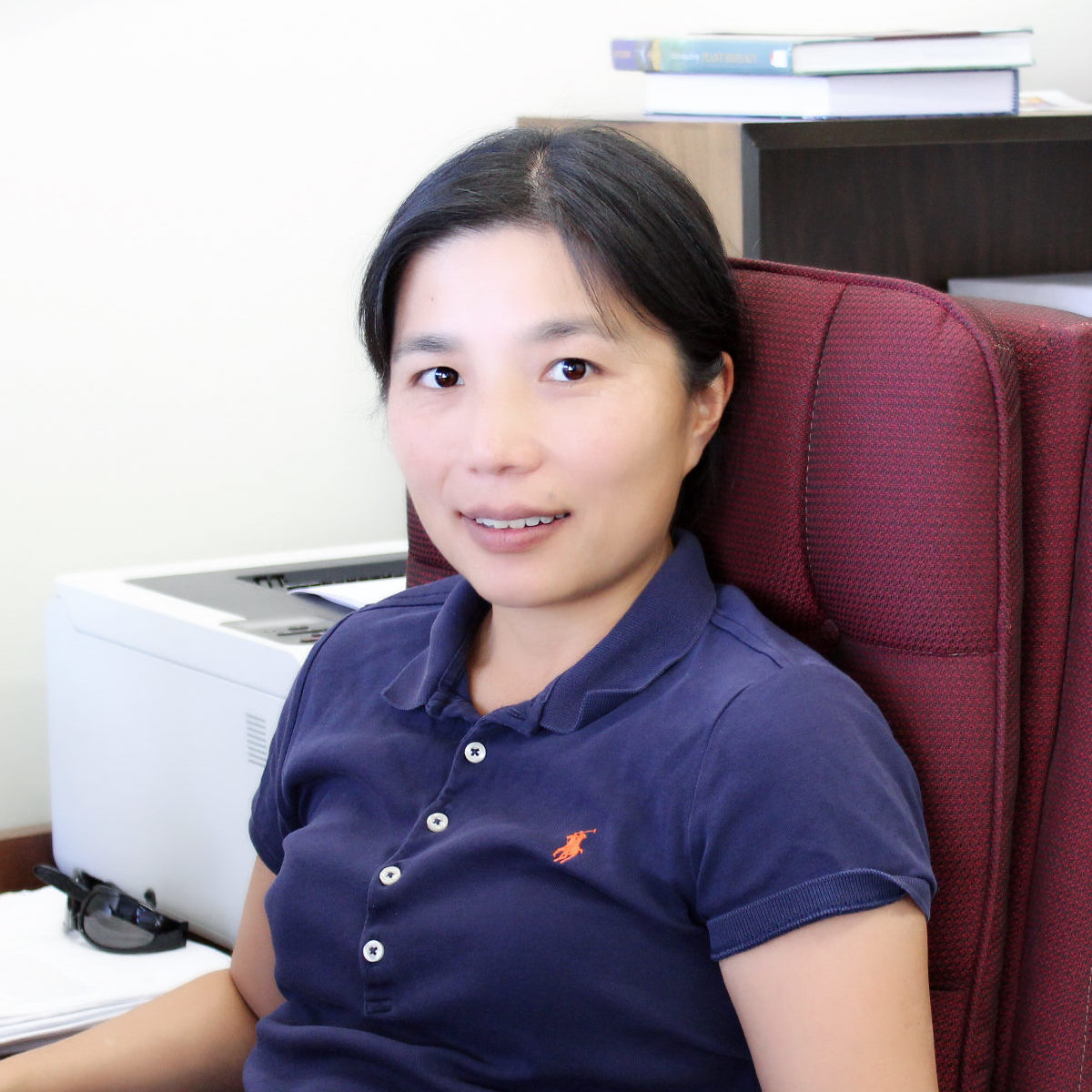
Sakiko Okumoto, PhD
Nitrogen metabolism and sensing in plants

Vlad Panin, PhD
Developmental Biology / Glycosylation and Cell Interactions

Weston Porter, PhD
Identification and characterization of factors involved in mammary gland development and breast cancer

Hongmin Qin, PhD
Trafficking paradigms in flagella and the assembly of a microtubule-based beating machine

Gregory Reeves, PhD
Systems biology tools — computational modeling and quantitative, live imaging — to study the signaling pathways that initialize differentiation using Drosophila

Mendell Rimer, PhD
Cellular and molecular mechanisms of synapse formation, maintenance and pathology

Tapasree Roy Sarkar, PhD
By integrating cutting-edge cellular biology, molecular biology, bioinformatics, and bioengineering approaches, my lab is investigating the complexities of the tumor microenvironment (TME) and the role of TME in tumor progression and drug response.

Joseph Rutkowski, PhD
Genetic manipulations of lymphatic endothelial cell biology. Lymphatic circulation and interstitial flux changes in pathological states

Matt Sachs, PhD
Mechanisms of translation regulation

Shogo Sato PhD
The goals of Sato lab will be to 1) achieve a fundamental understanding of the intertwined link between metabolism, epigenetics, and the circadian clock, and 2) establish translational interventions targeting the circadian clock system to promote human health by using molecular, biochemical, physiological, and bioinformatics approaches

Irtisha Singh, PhD
Uncovering transcriptional and co-transcriptional regulatory programs in normal and diseased states

Raquel Sitcheran,PhD
NF-kappaB regulation of mitochondrial function in cancer cell invasion and metabolism

David Stelly, PhD
Plant Genetics, Cytogenetics, Biotechnology, Breeding and Genomics

Paul Straight, PhD
Microbial Interactions and Secondary Metabolism

Qing Sun, PhD
Synthetic Biology to understand essential gene targets towards bacteria-host interactions and bacteria-mammalian cell endosymbiosis as well as to develop next-generation therapeutics including mRNA vaccines and CRISPR technology

Yuxiang Sun, MD, PhD
Hunger hormone ghrelin signaling in obesity, diabetes, inflammation, aging lifespan/healthspan

Masako Suzuki, D.V.M., Ph.D.
The Suzuki lab studies the mechanisms of how the body remembers a prenatal micronutrient deficiency condition and associates it with the disease risks later in life using genome-wide multi-omics approaches.

Aaron Tarone, PhD
The Tarone lab studies the genetics of life history trait variation in flies and other arthropods. The lab takes quantitative, ecological, and functional approaches to dissecting the genetics of life history for medical, veterinary, and forensic purposes.

David Threadgill, PhD
Mouse modeling of gene-environment interactions underlying human health and diseases

Jun Wang, PhD
Using genetic approaches such as optogenetics and chemogenetics to investigate neural circuit mechanisms of drug (cocaine and opioids) and alcohol addiction and Alzheimer’s disease
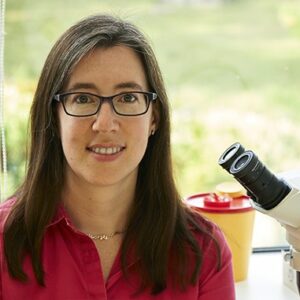
Ann Wehman, PhD
Genetics of extracellular vesicle release and phagocytic clearance in C. elegans embryos

Linglin Xie, PhD
Molecular and genetic mechanisms of heart development and congenital heart defects, Molecular and epigenetic mechanisms of obesity and non-alcoholic fatty liver disease.

Zhilong Yang, PhD
Yang lab studies the molecular mechanisms of virus replication and virus-host interactions.

John Z. Yu, PhD
Cotton Genomics, Molecular Genetics, and Germplasm Diversity

Hong-Bin Zhang, PhD
Crop Genetic Improvement and Variety Breeding

Aref Zarin, PhD
Each neuron embedded within a neural circuit has its unique set of properties such as neurotransmitter receptors, neurotransmitter synthesizing enzymes, ion channels, axonal/dendritic morphology, and synaptic partners. In my lab, we study how terminal selector transcription factors (TTFs) govern the development and maintenance of such properties.

Kurt Zhang, PhD
Advanced bioinformatics technology and applications using cutting-edge genomics/imaging techniques to study complicated human diseases with the integration of human population studies with animal studies

Bo Zhou, PhD
Our lab studies how genome structural changes in uniquely human and unstable genomic regions influence brain development and its disorders. We combine advanced genomics approaches—including single-cell, long-read sequencing, and novel epigenomic assays—with iPSC-derived neurons and 3D neural organoids to uncover fundamental mechanisms and explore new therapeutic strategies, offering graduate students opportunities to train at the intersection of genomics/bioinformatics, neuroscience, and biochemistry.
PLANT GENETICS

Juan Dong, PhD
We study the molecular mechanisms underlying cell polarity and asymmetric cell division in the stomatal lineage, a dispersed stem cell population in the model plant Arabidopsis. We are also interested in how development and growth change when plants grow in a changing environment

Shaodong Guo, PhD
Impact of plant-derived diets and nutrients on organ physiology in mice and humans, improving human health

Dmitry Kurouski, PhD
Kurouski laboratory develops innovative sensors that can be used to determine genetic and phenotypic variability in plants. These sensors can be used to enable digital breeding and section of plants

Shuyu Liu, PhD
Wheat breeding and genetics, cultivar and germplasm development
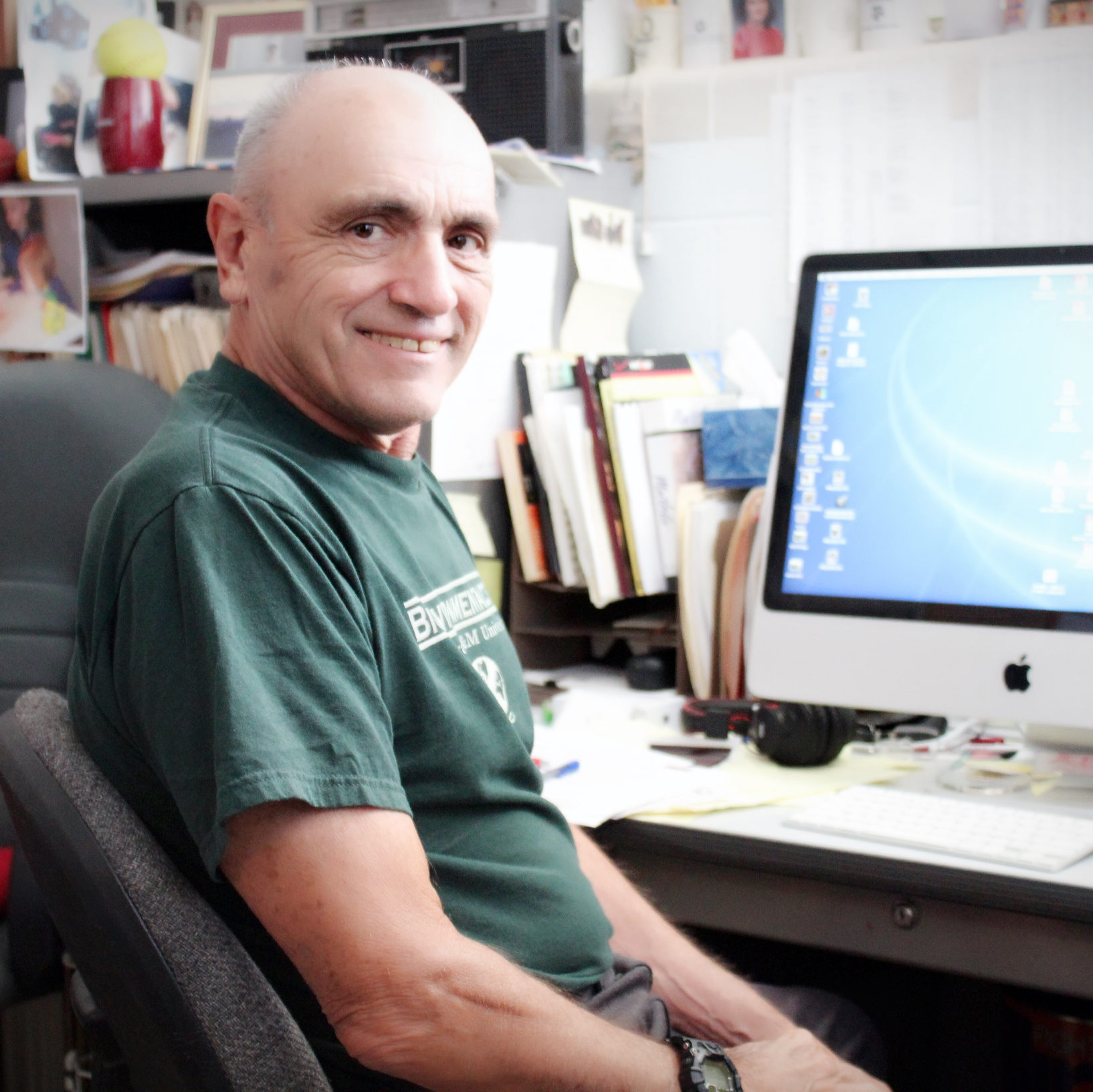
Clint Magill, PhD
Fungal Genetics and Host Resistance

John Mullet, PhD
Genomics/genetics of energy sorghum design

Seth Murray, PhD
Maize (corn) genetic improvement and discovery using plant breeding, molecular quantitative genetics, high throughput field phenotyping and statistical analysis methods

Sakiko Okumoto, PhD
Nitrogen metabolism and sensing in plants
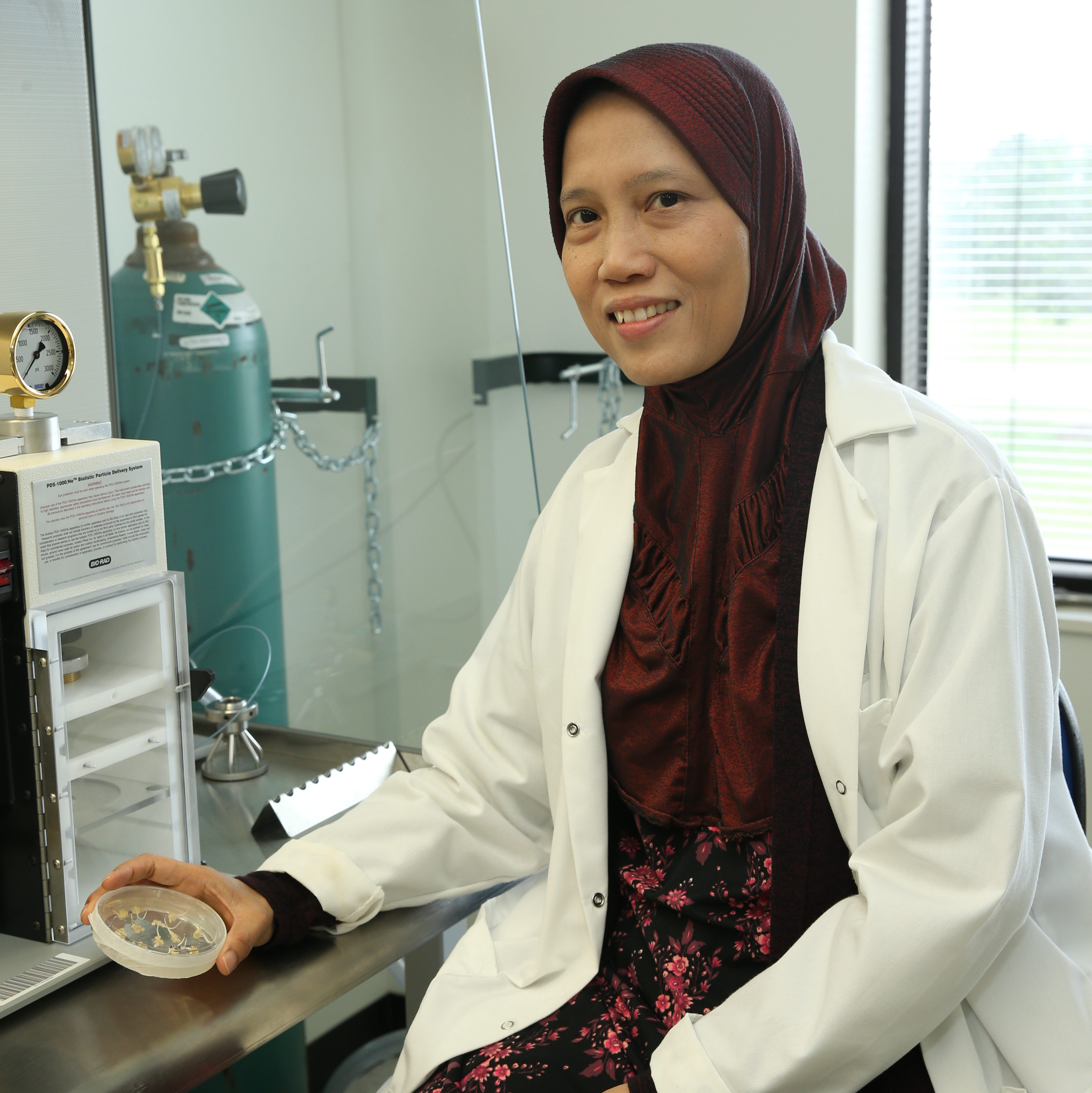
Endang Septiningsih, PhD
Plant genetics and genomics of environmental stress, grain quality, yield and other key agronomic traits in plants, with an emphasis on rice and peanuts

David Stelly, PhD
Plant Genetics, Cytogenetics, Biotechnology, Breeding and Genomics

John Z. Yu, PhD
Cotton Genomics, Molecular Genetics, and Germplasm Diversity


